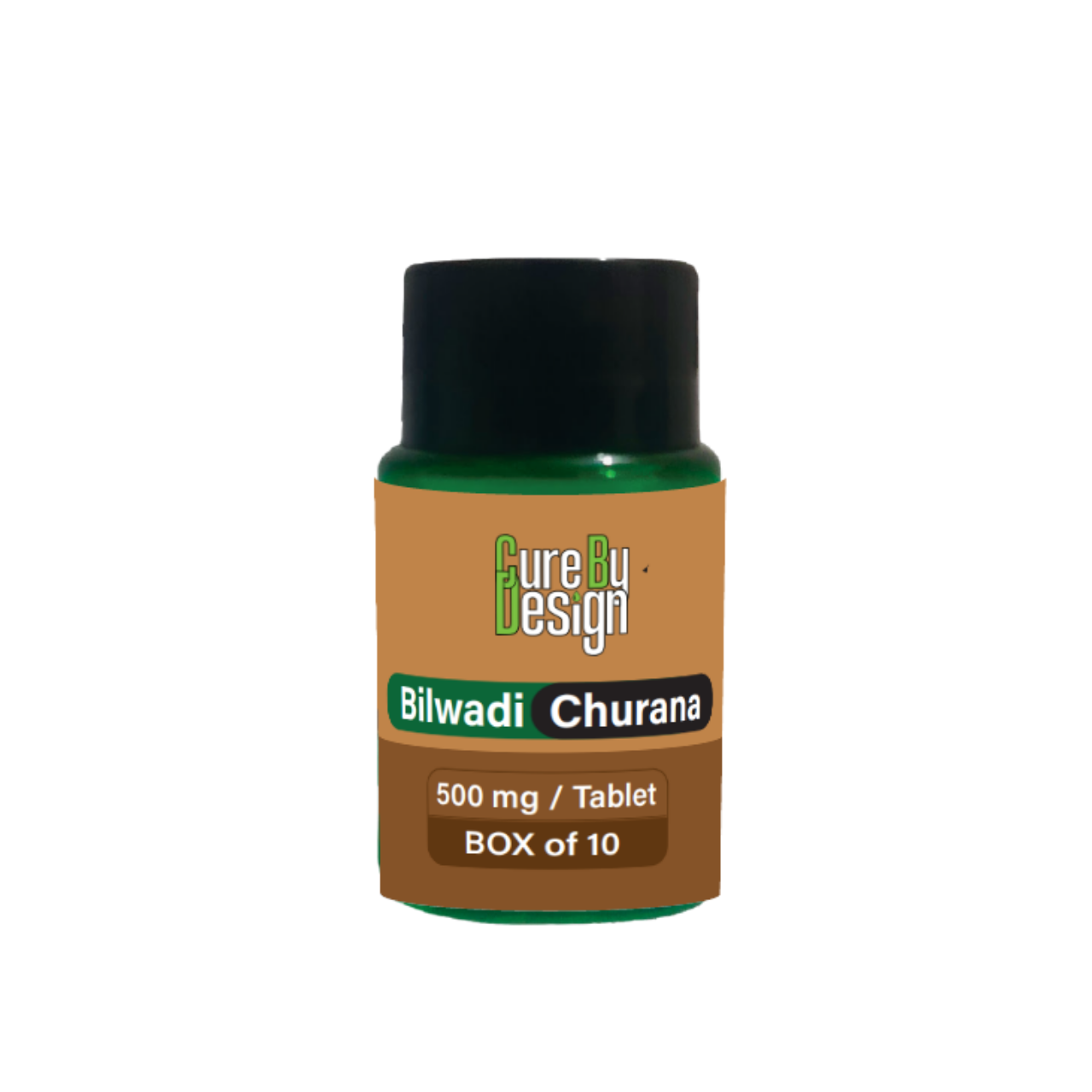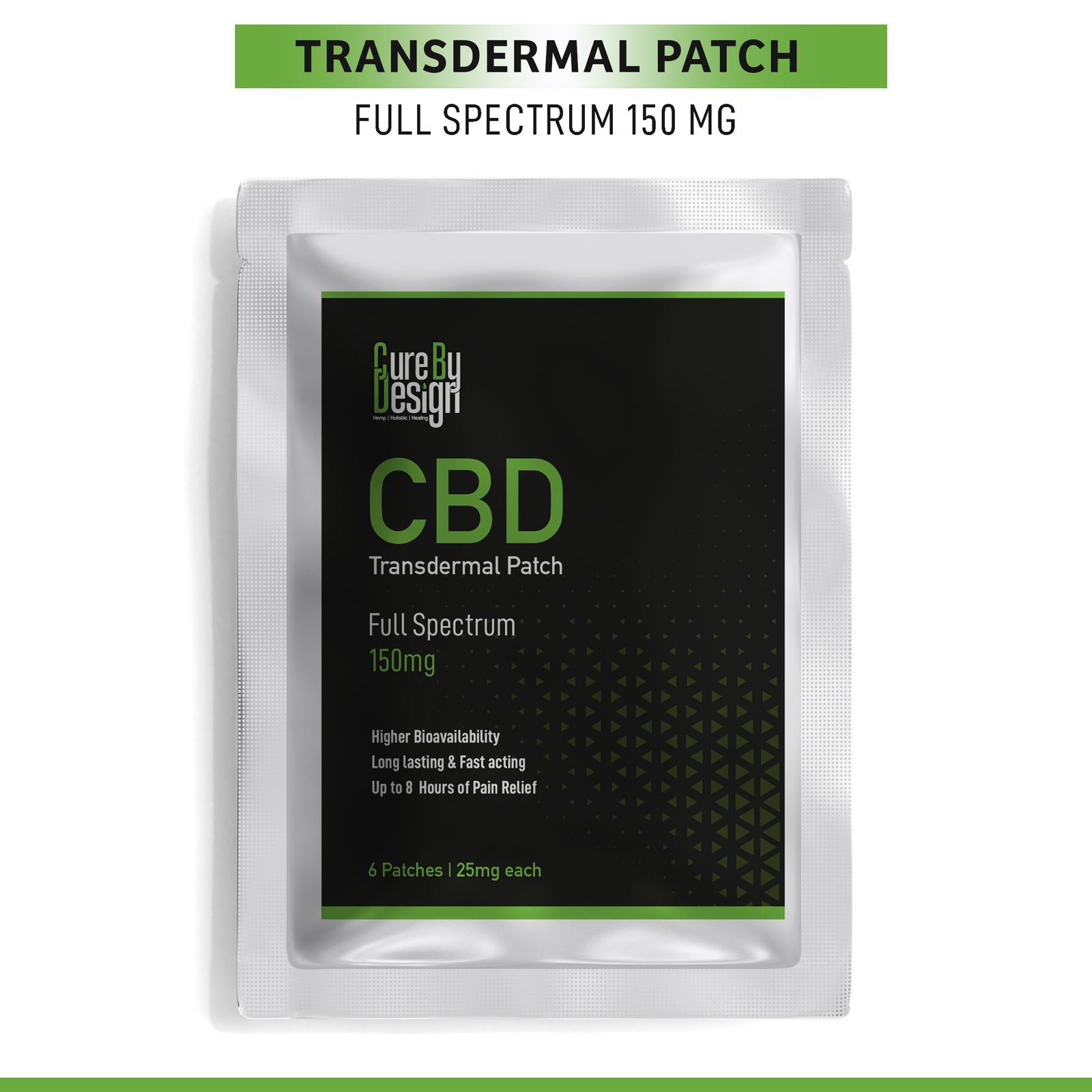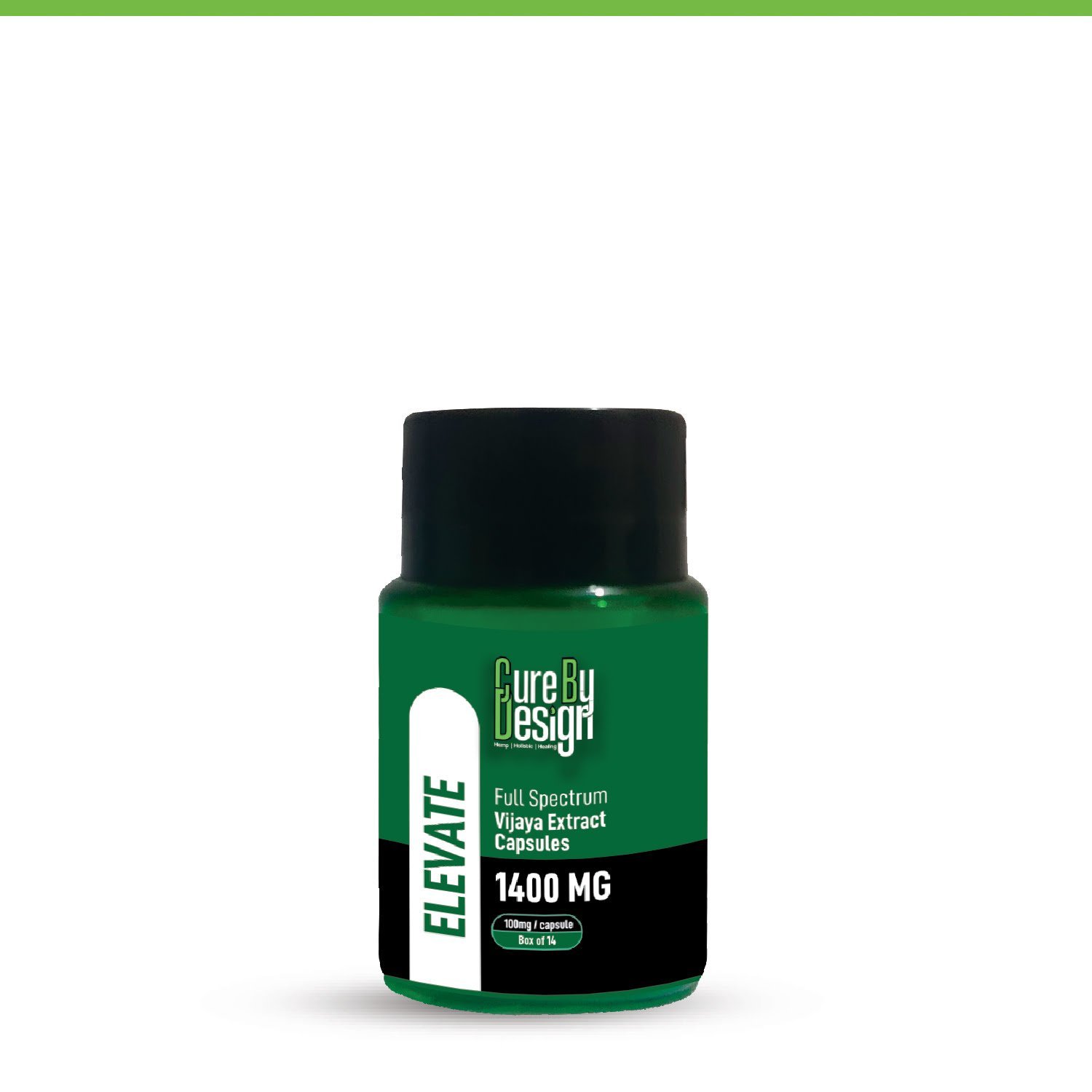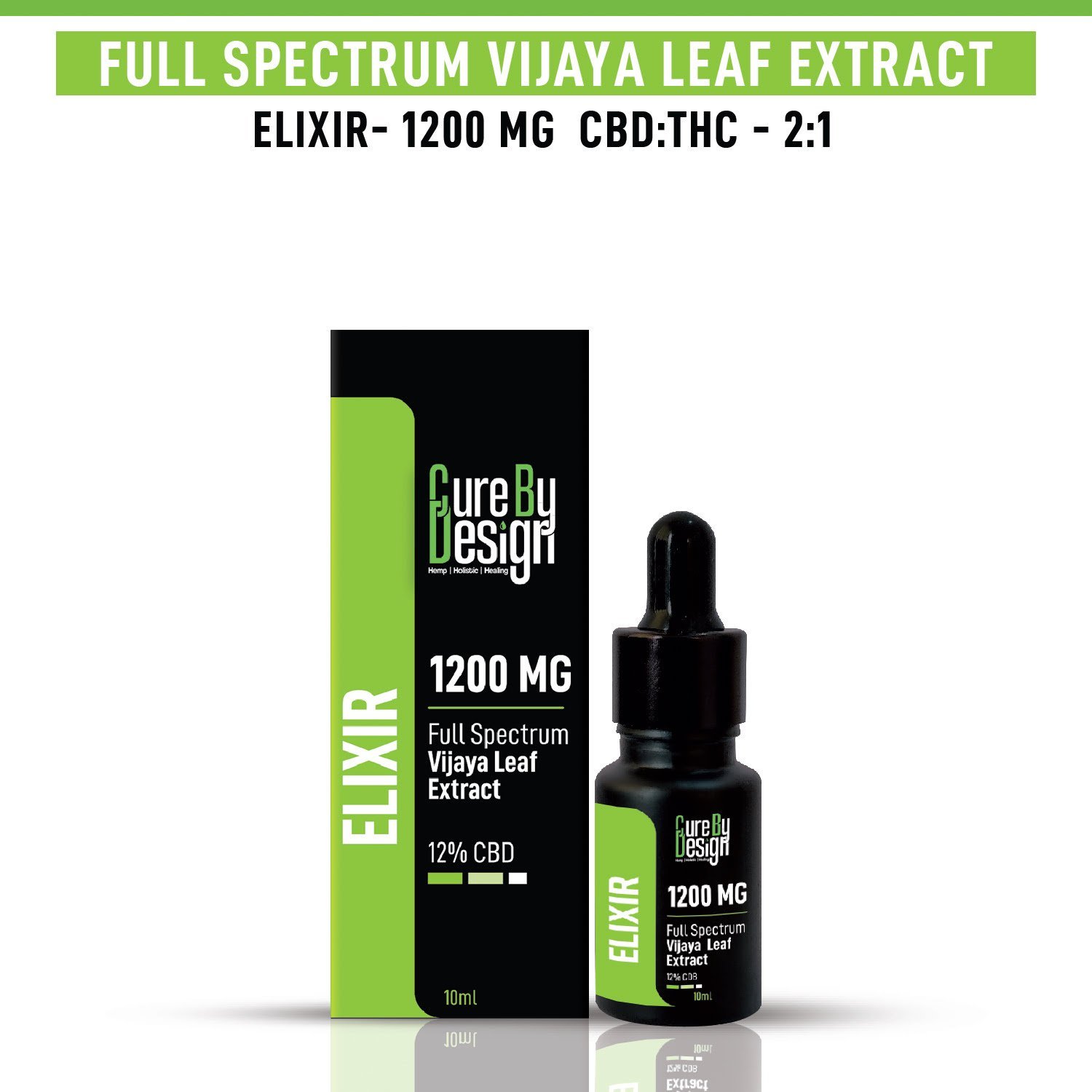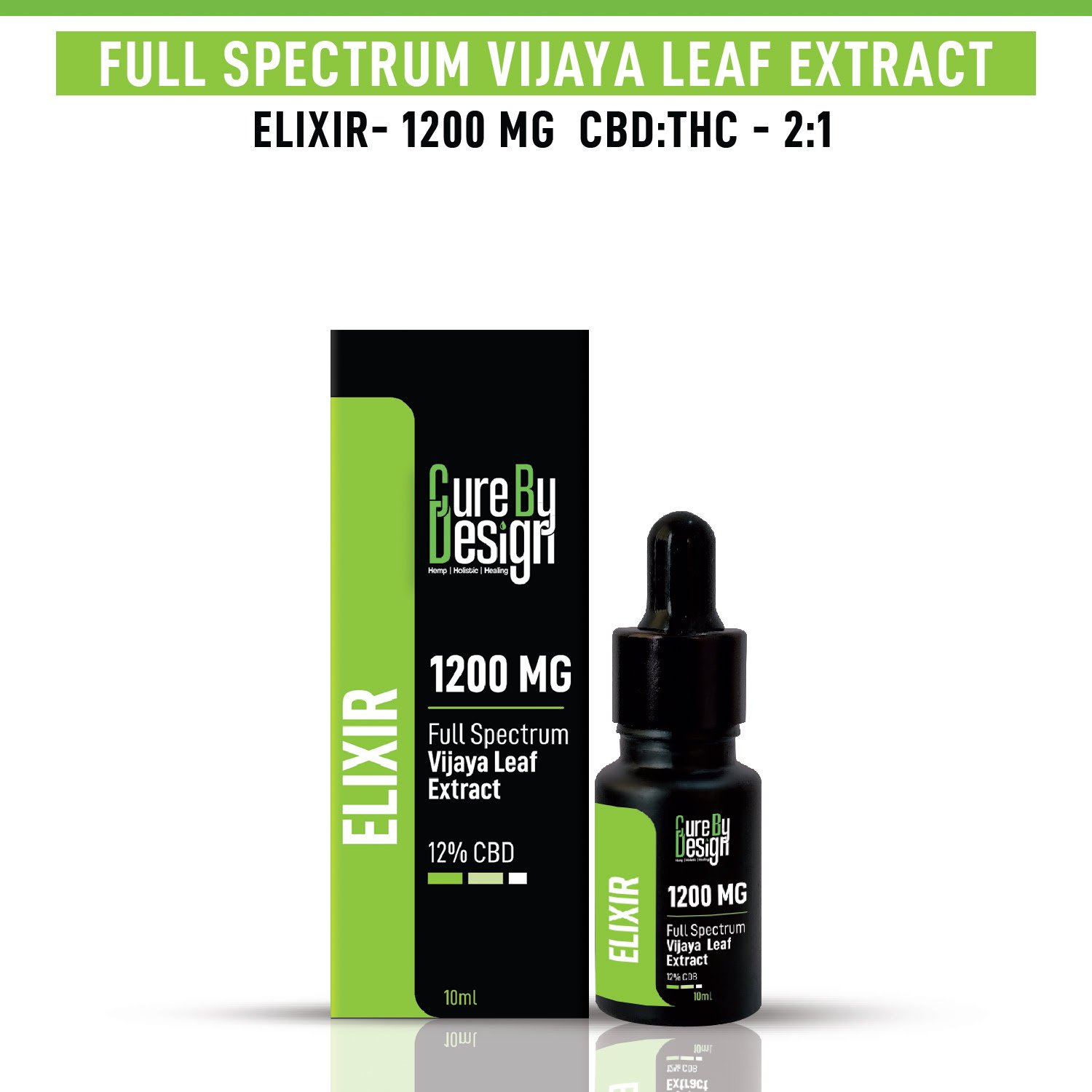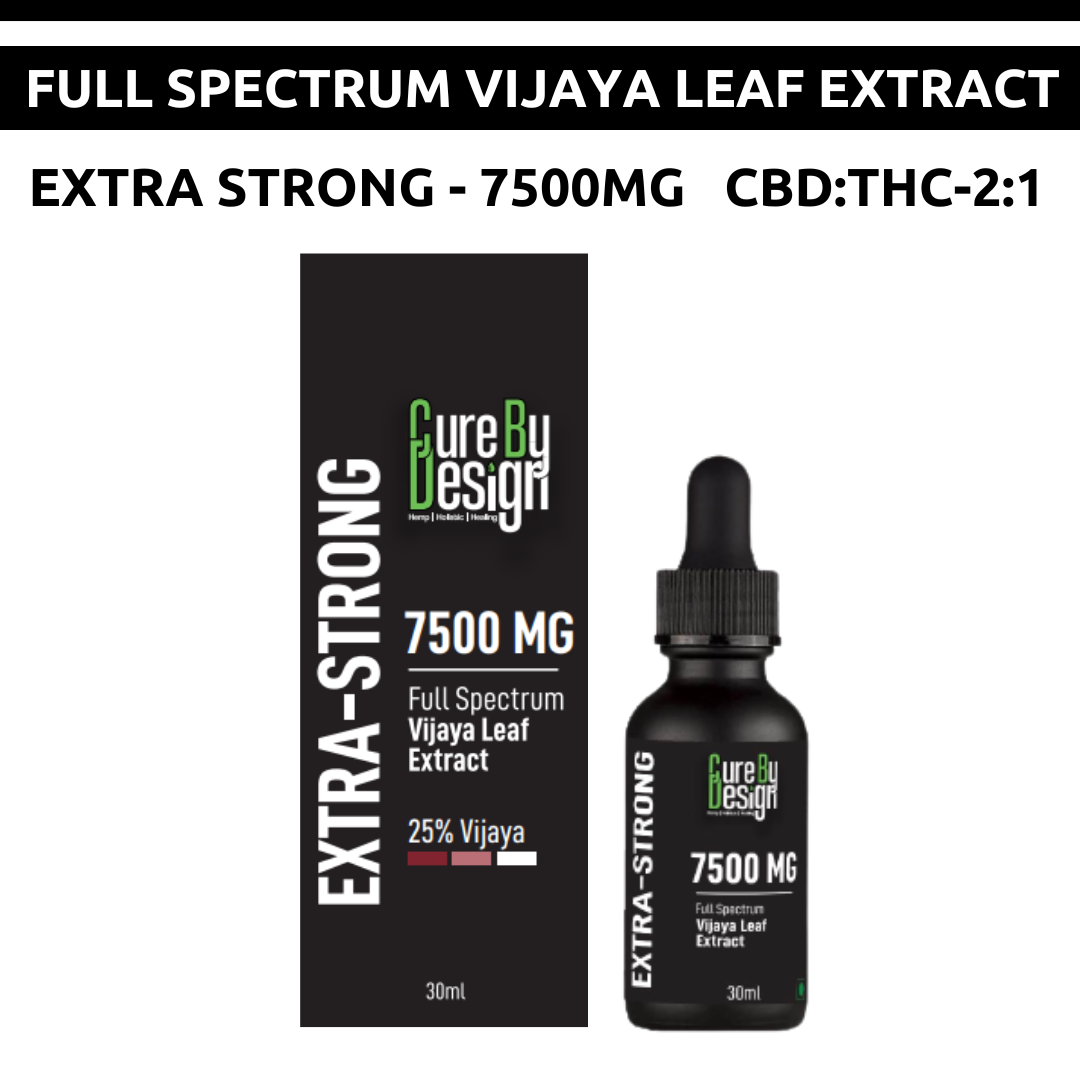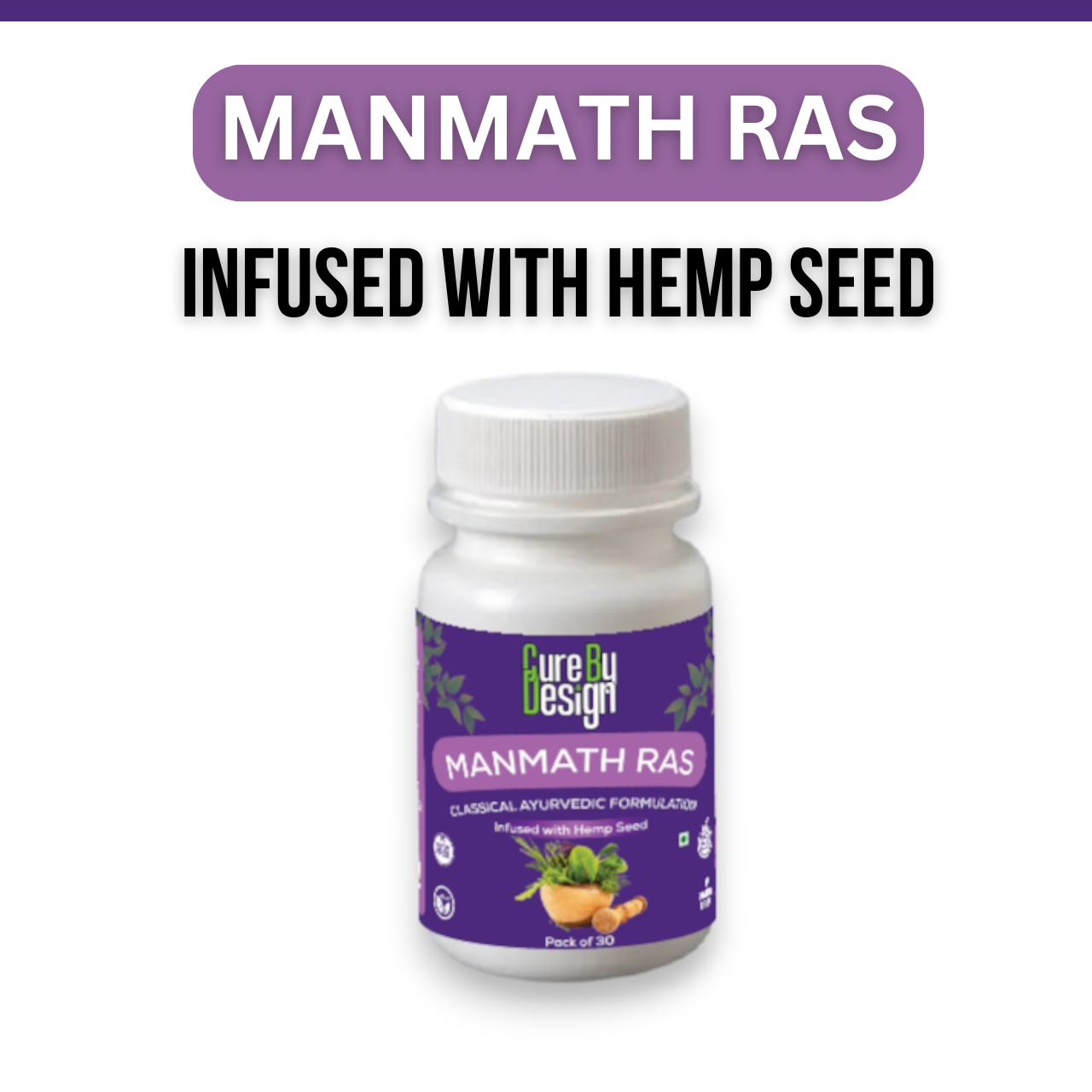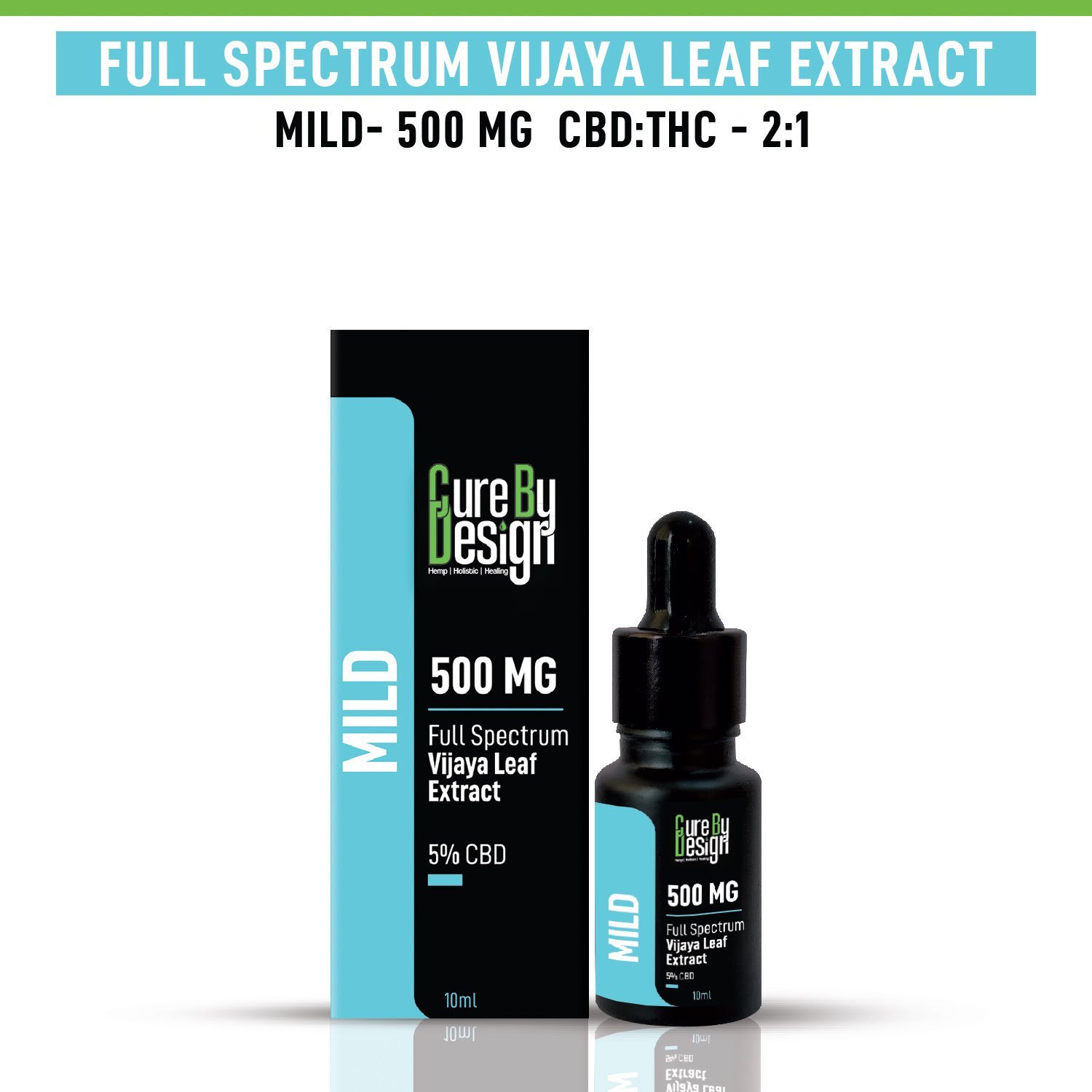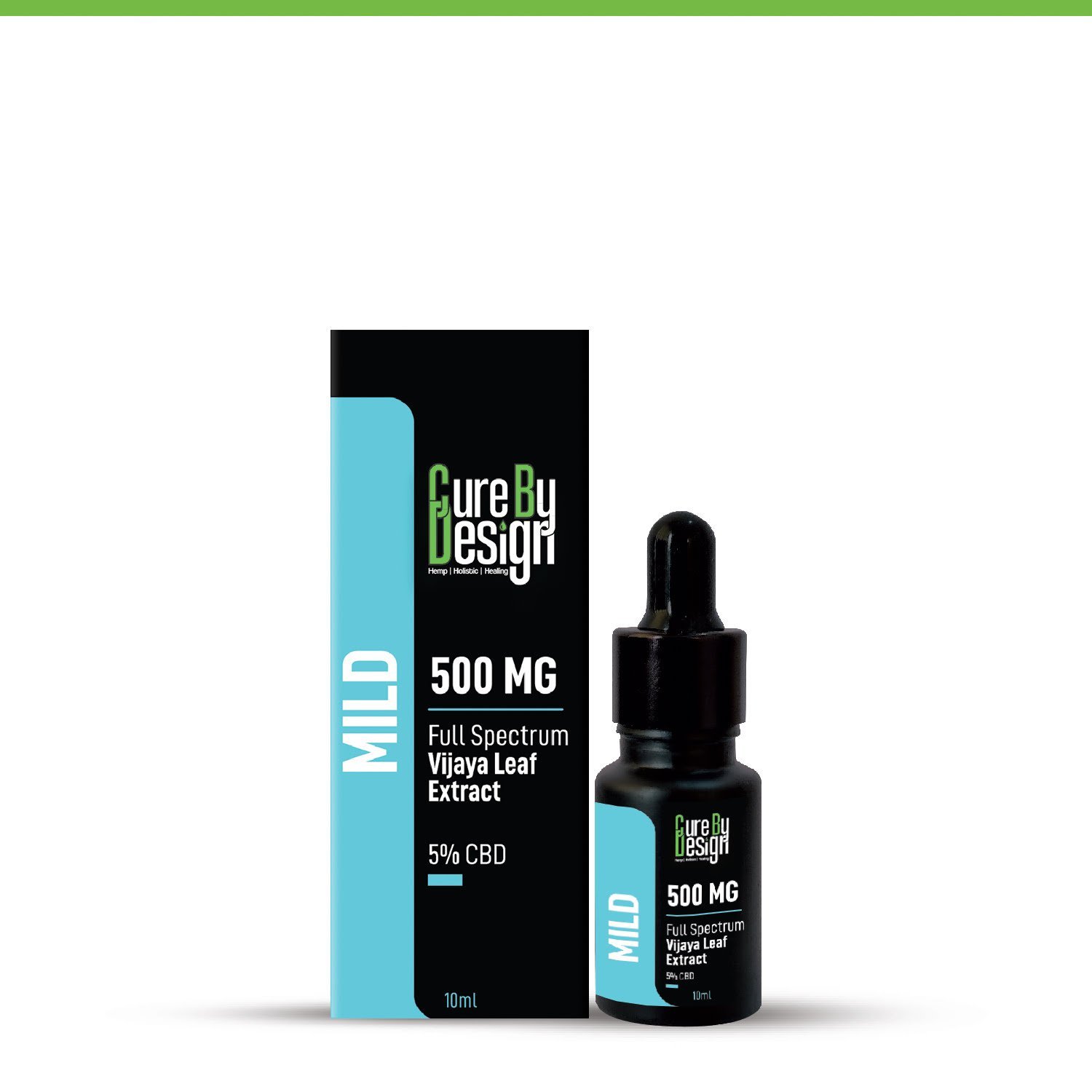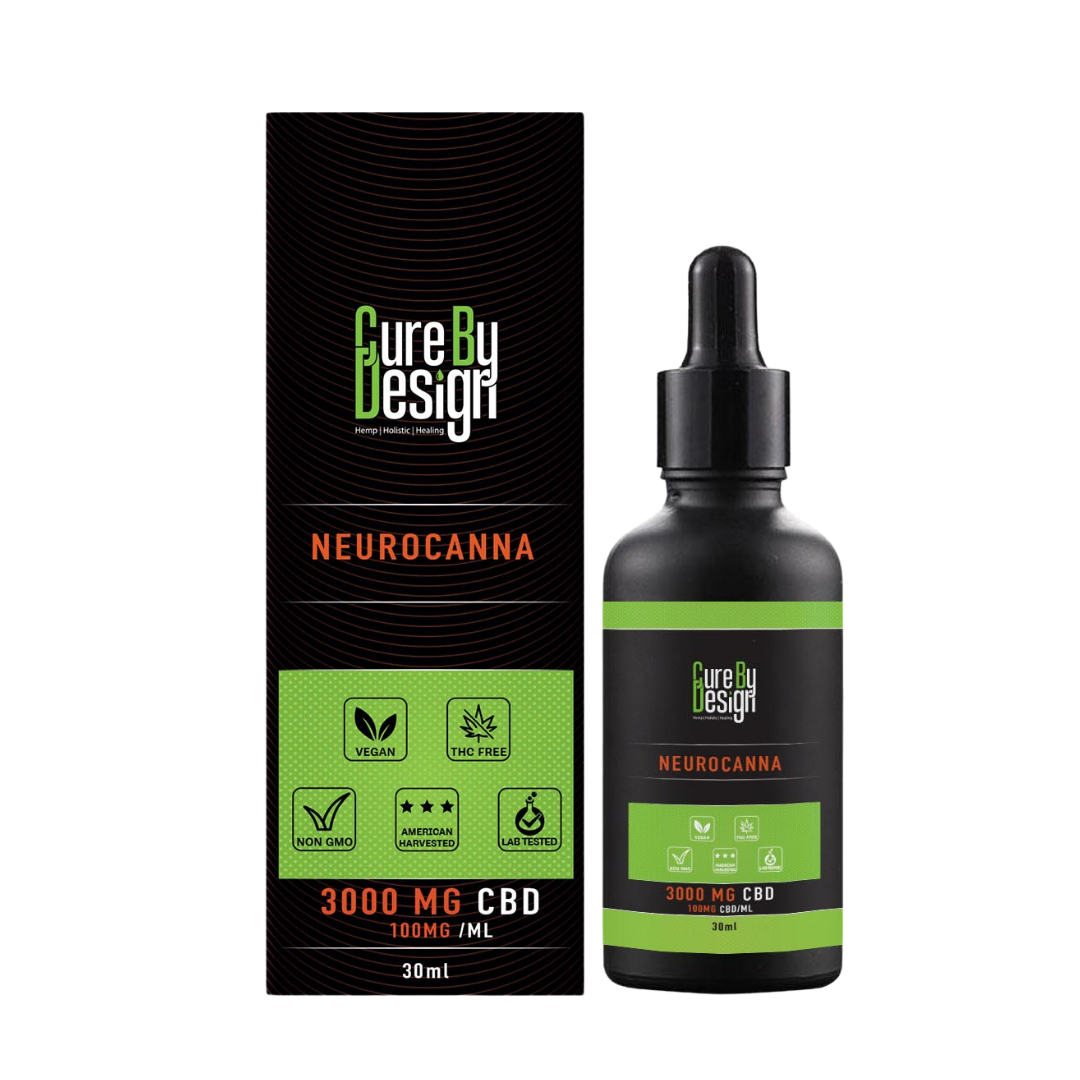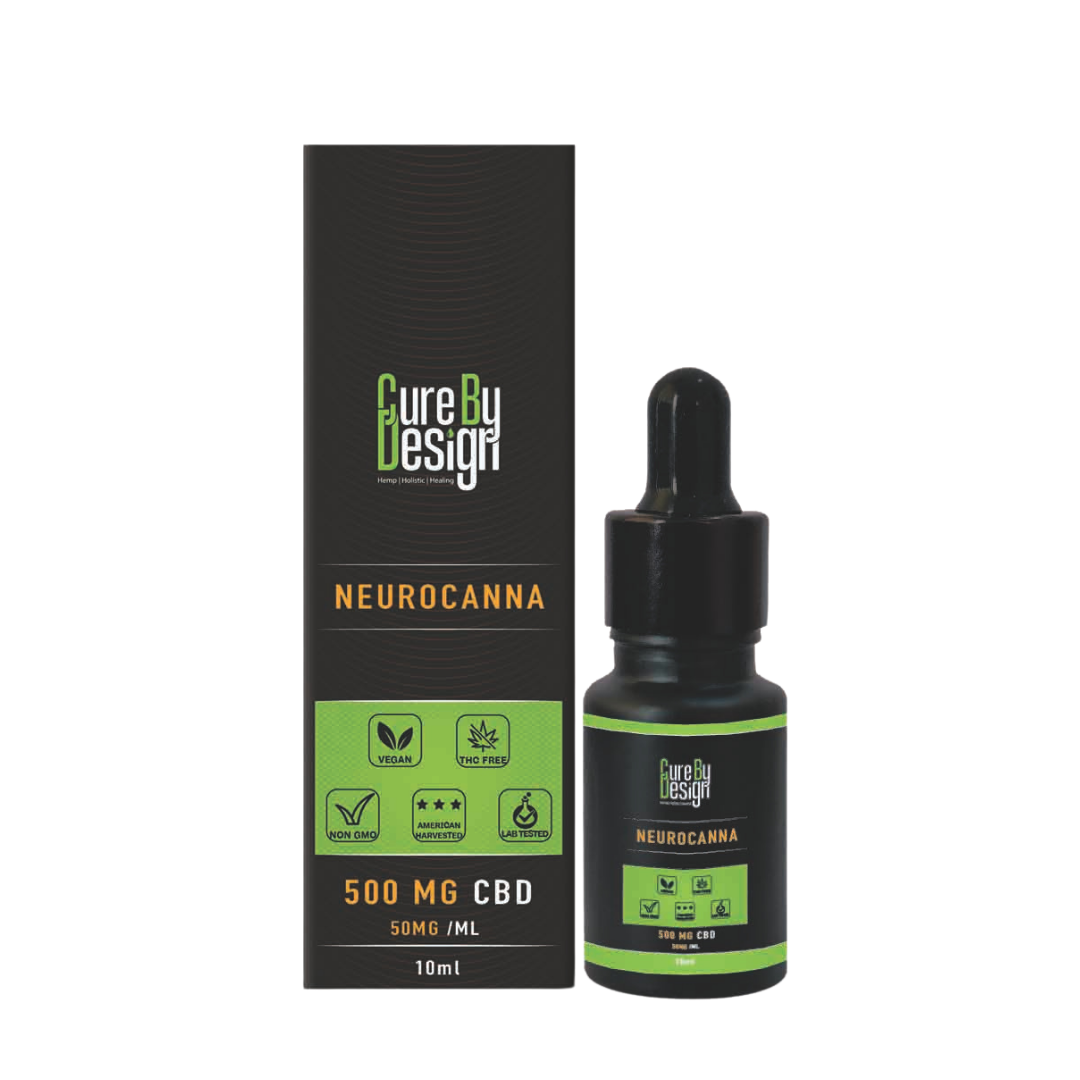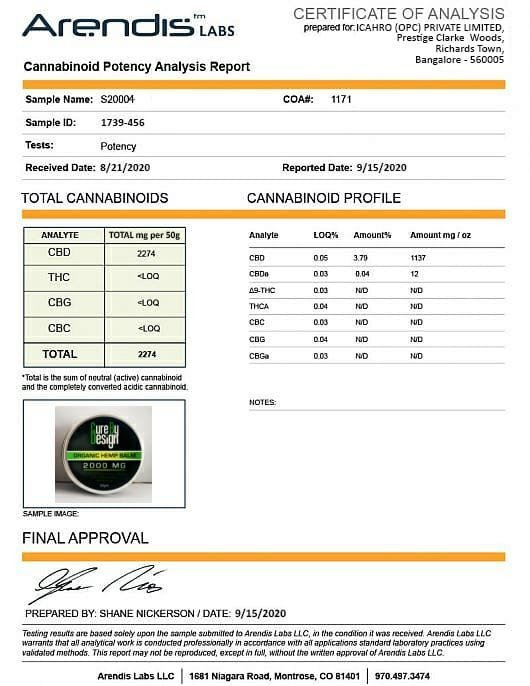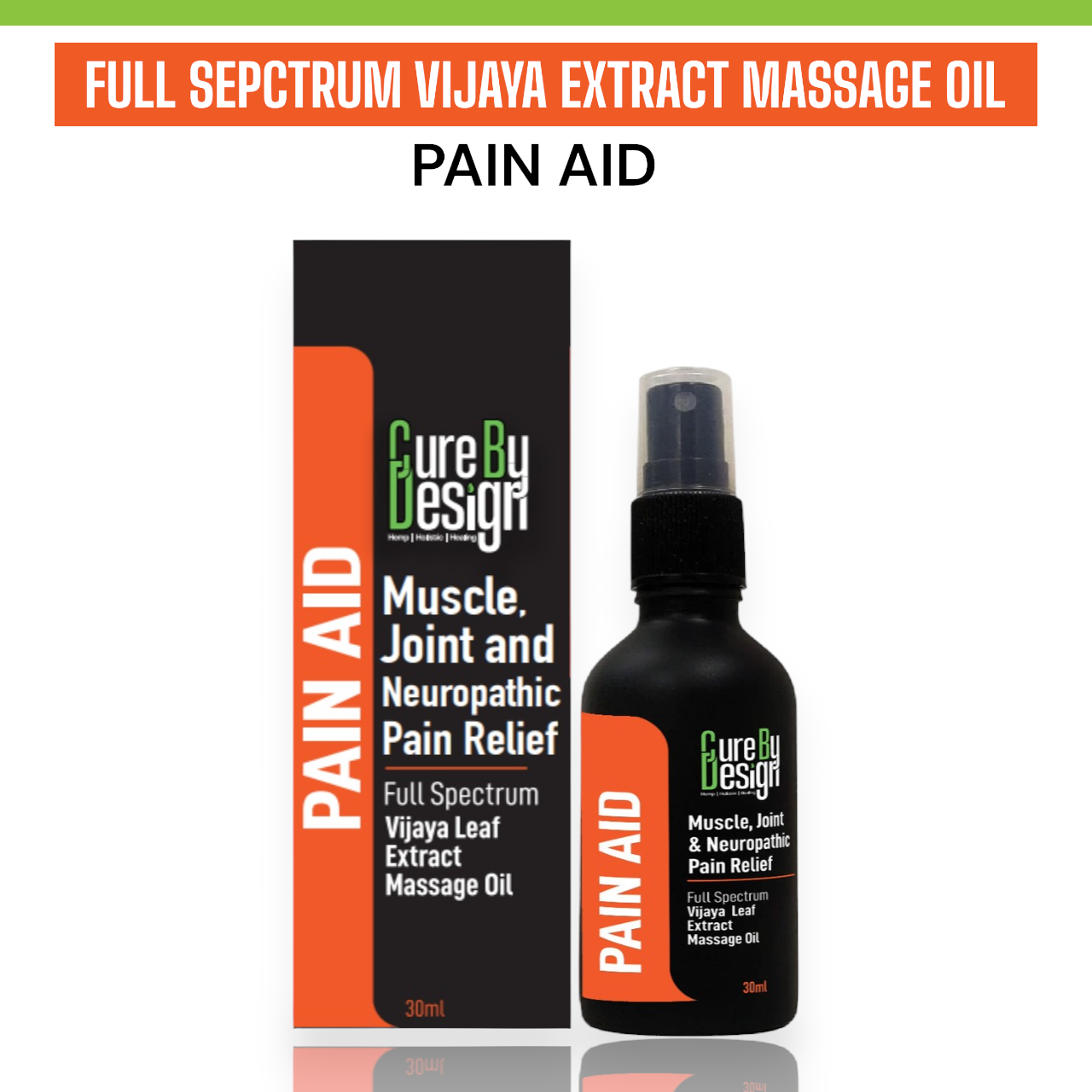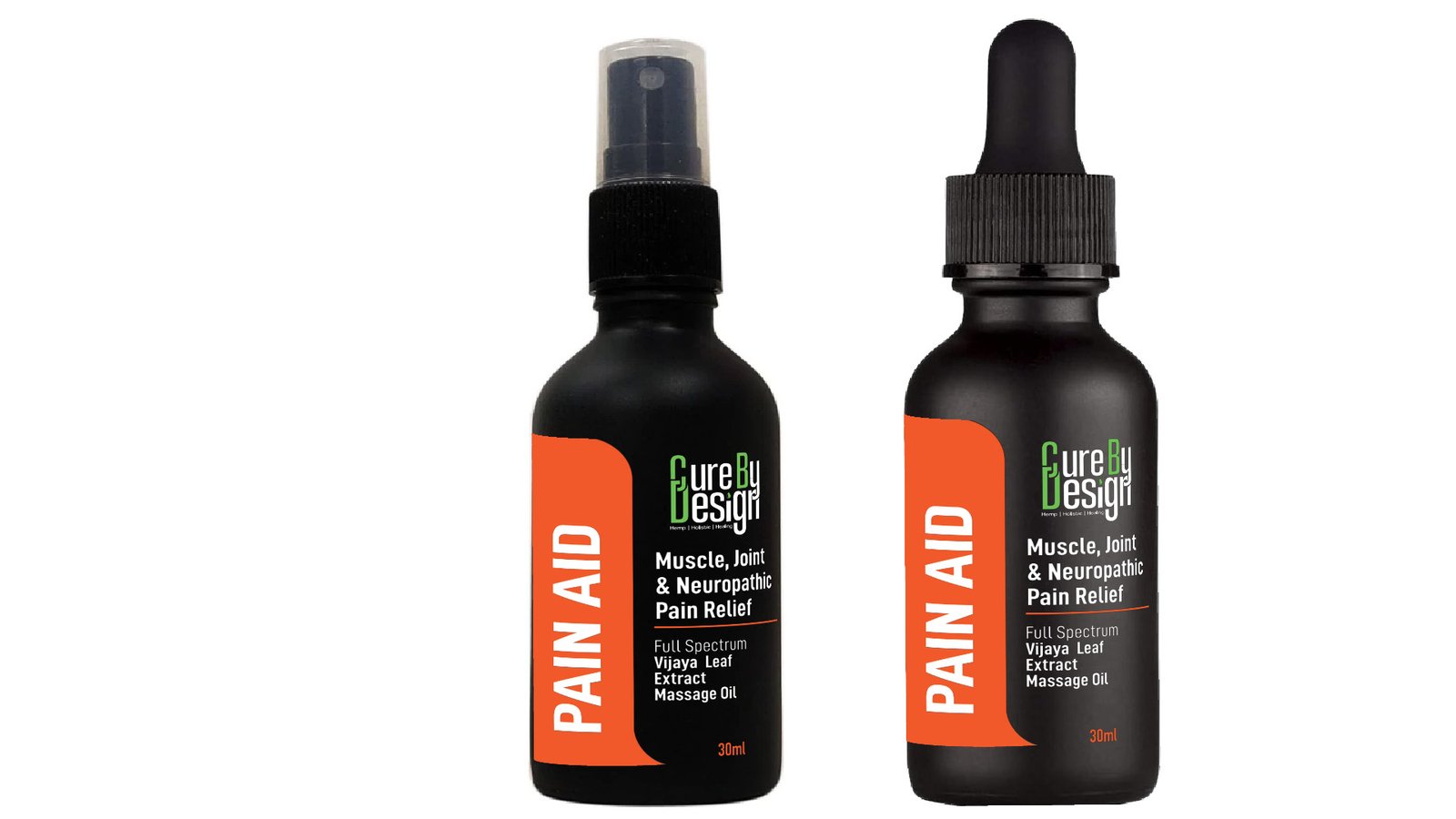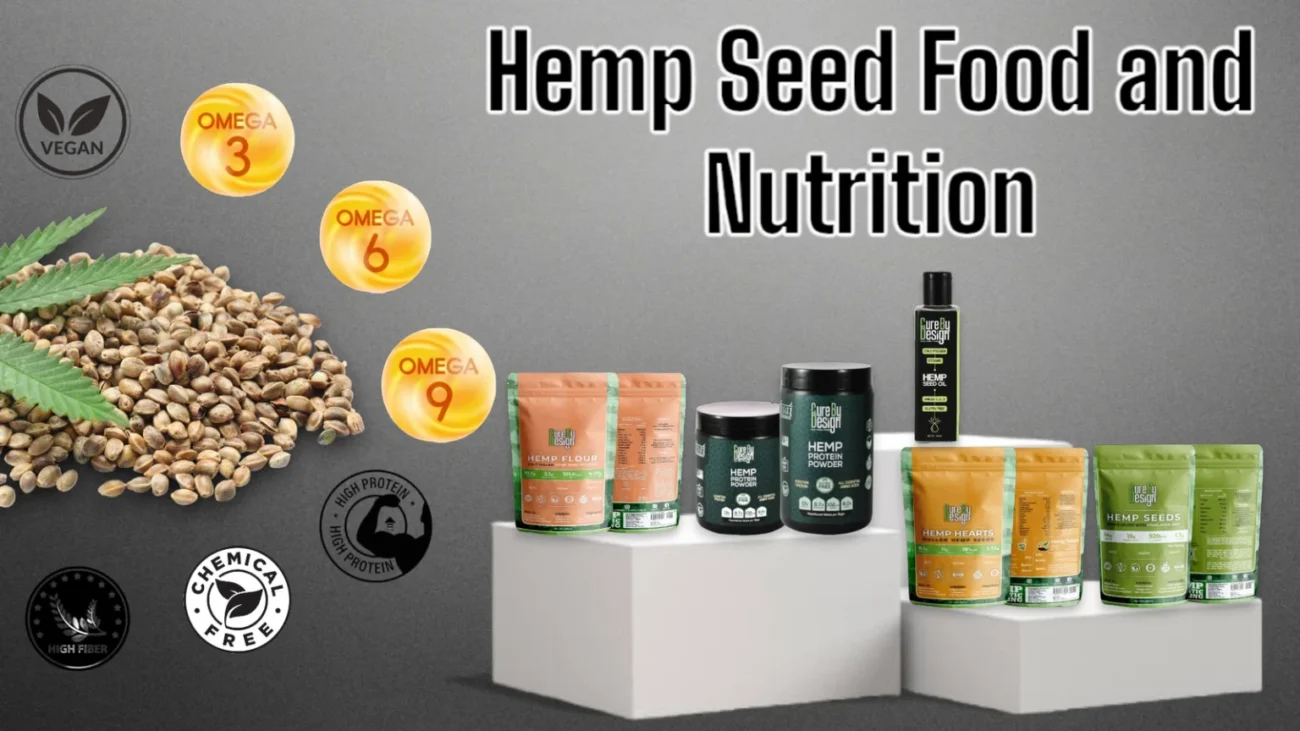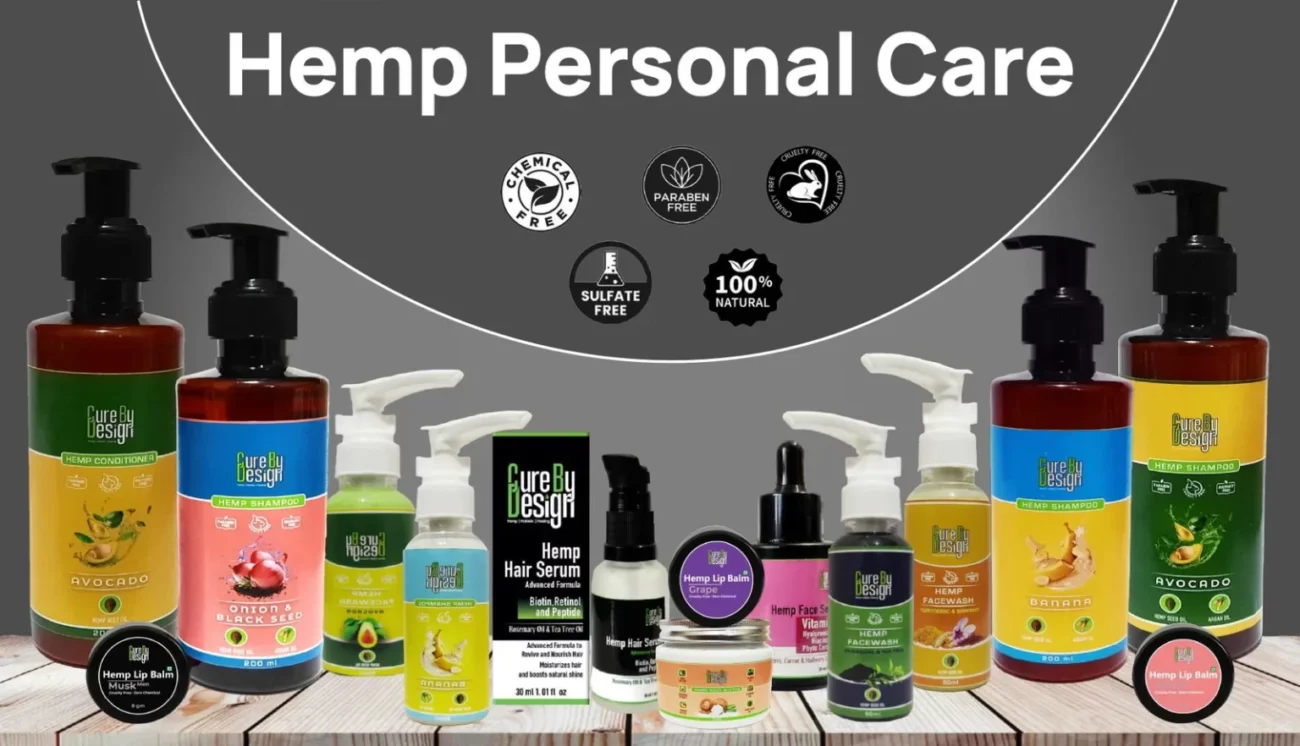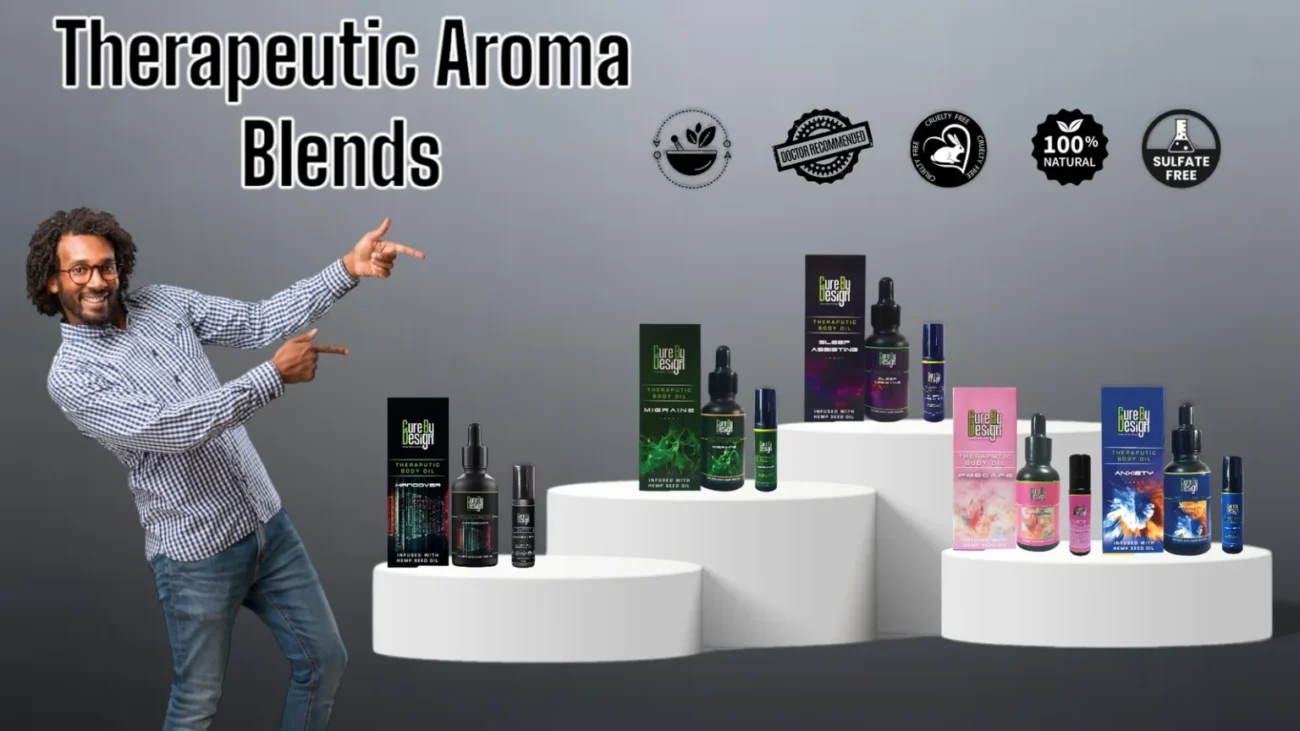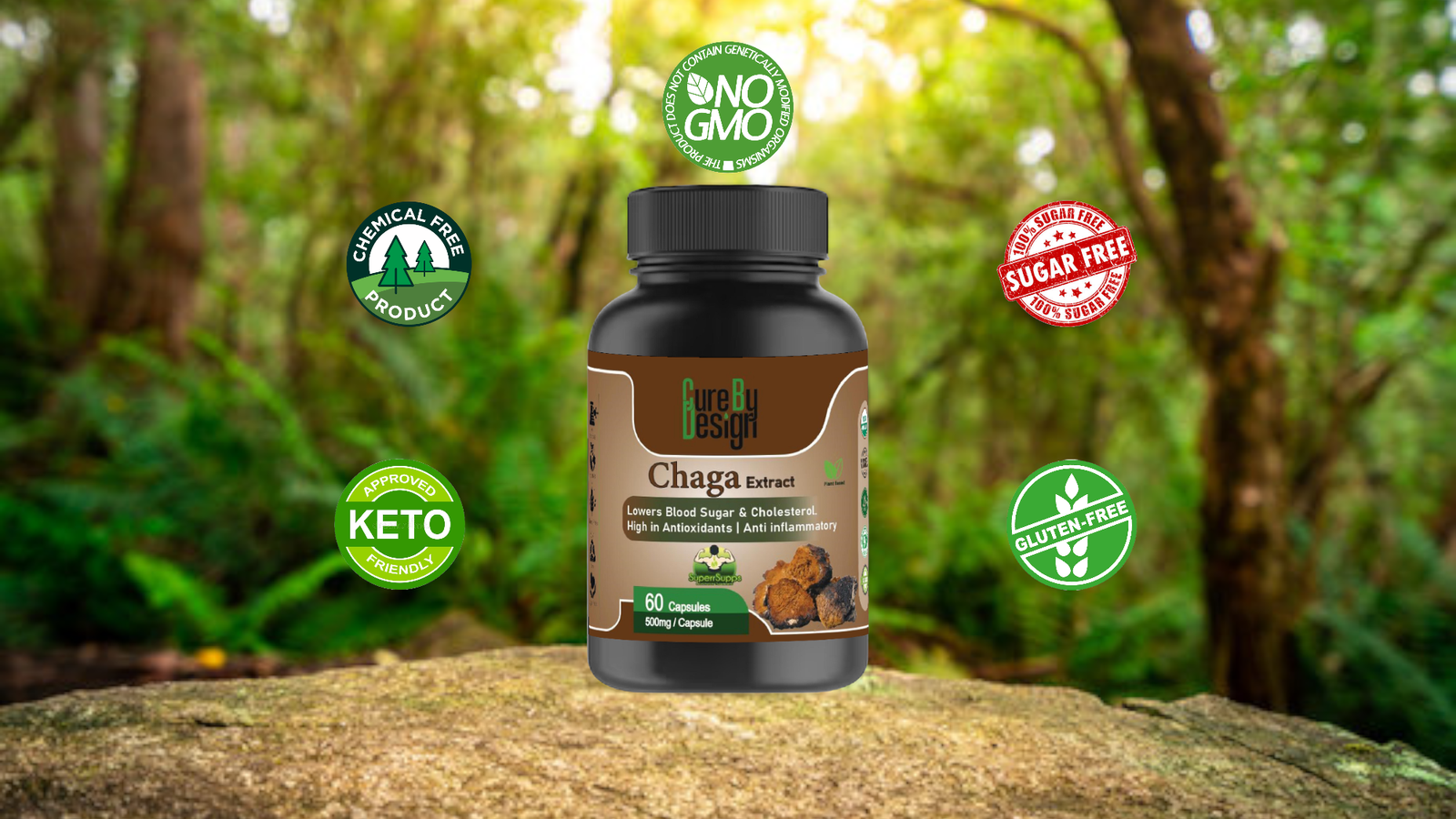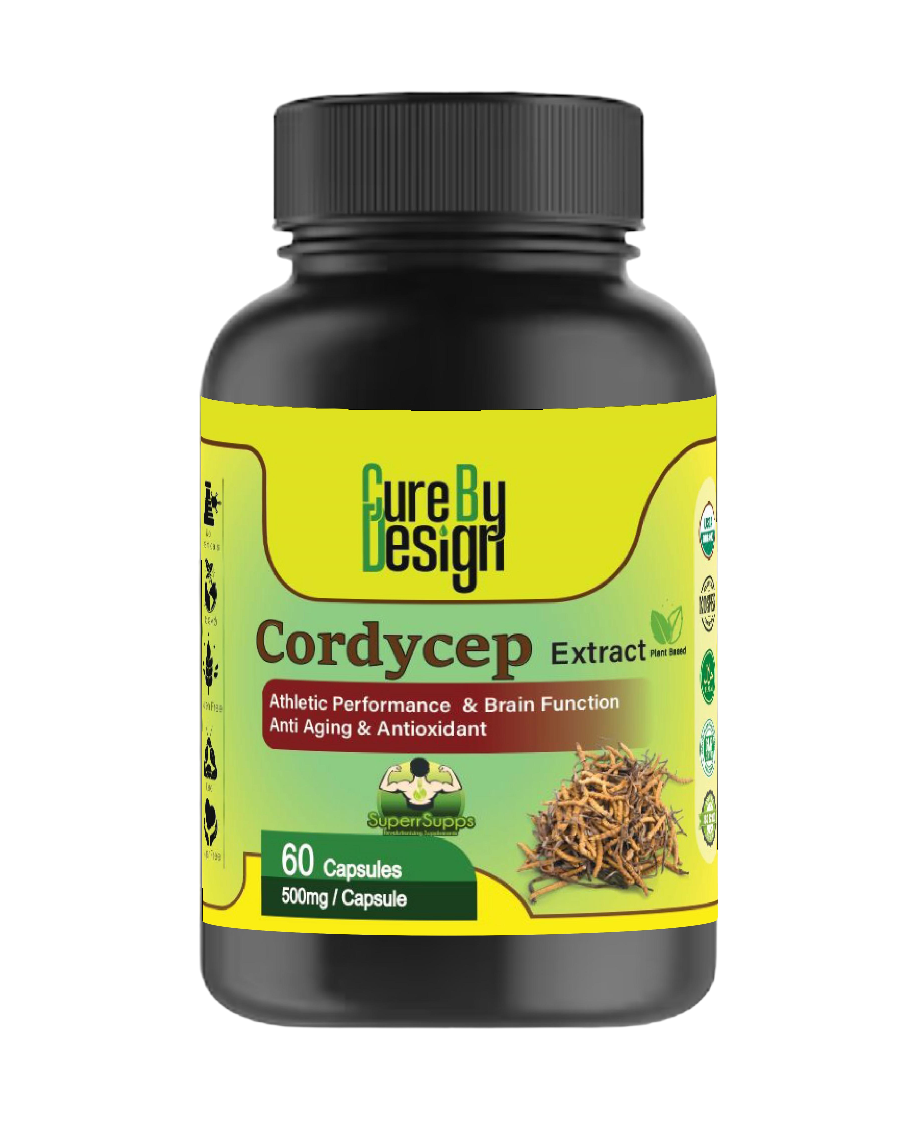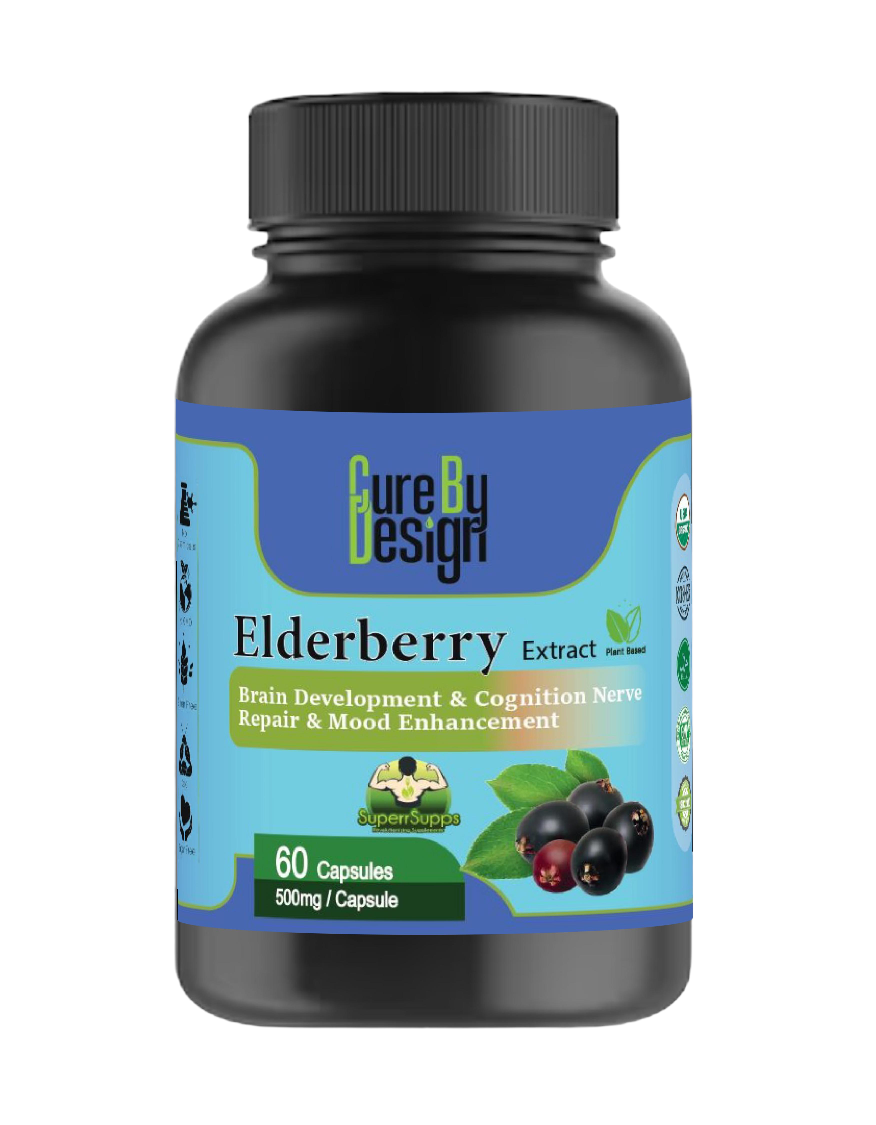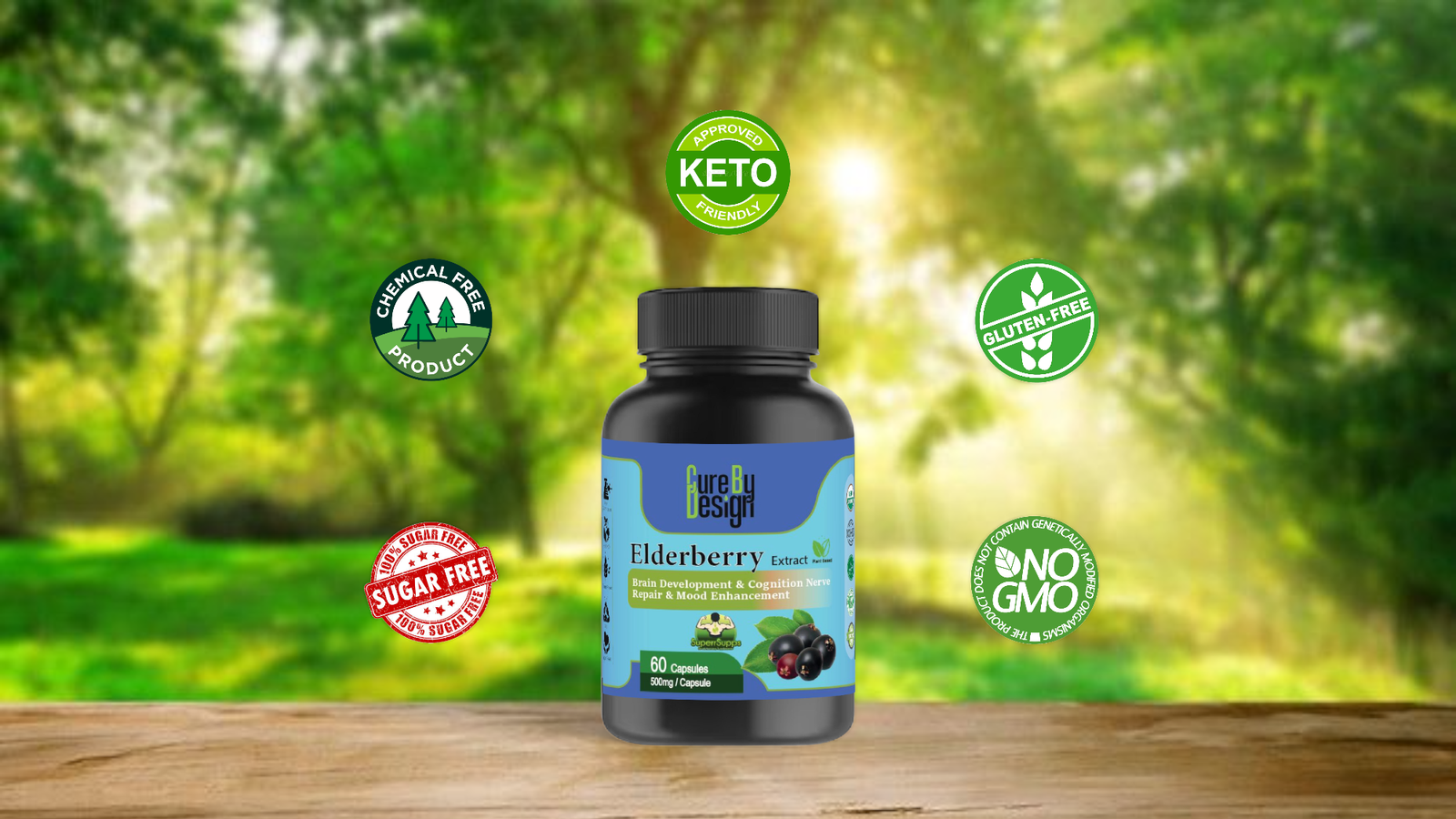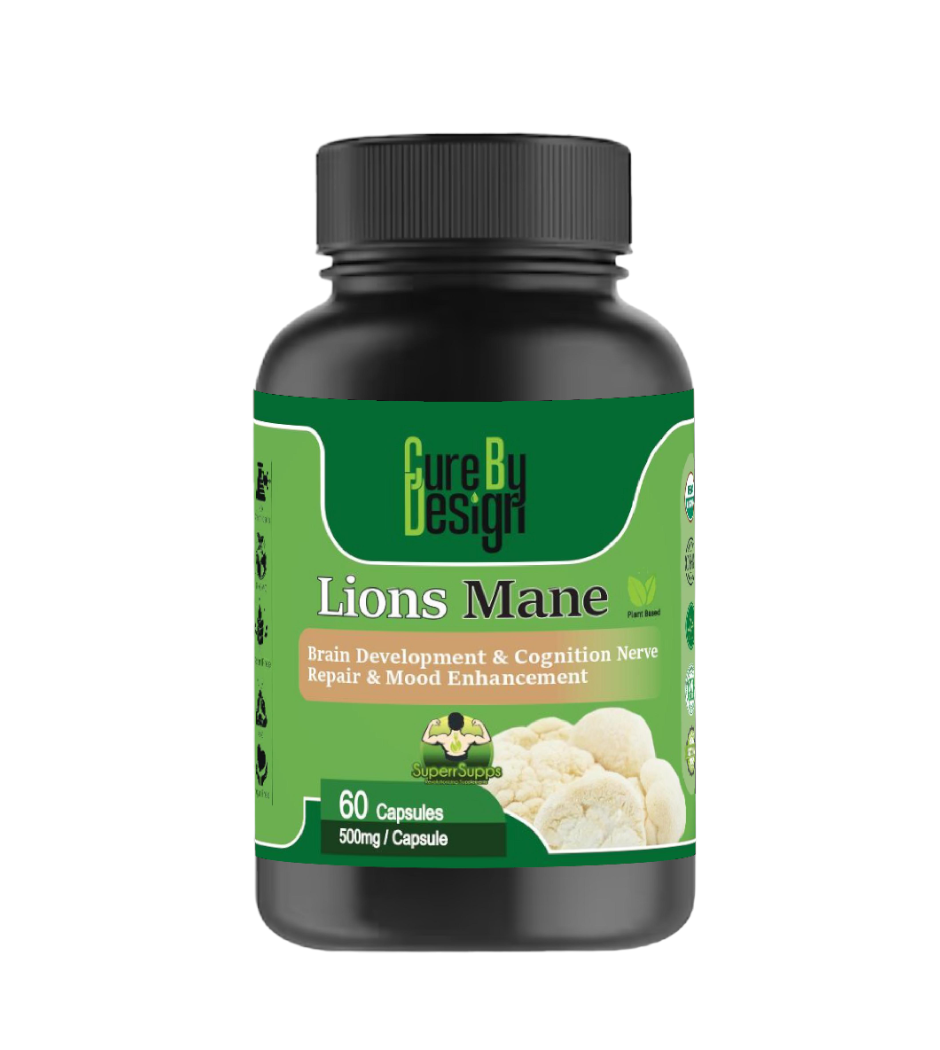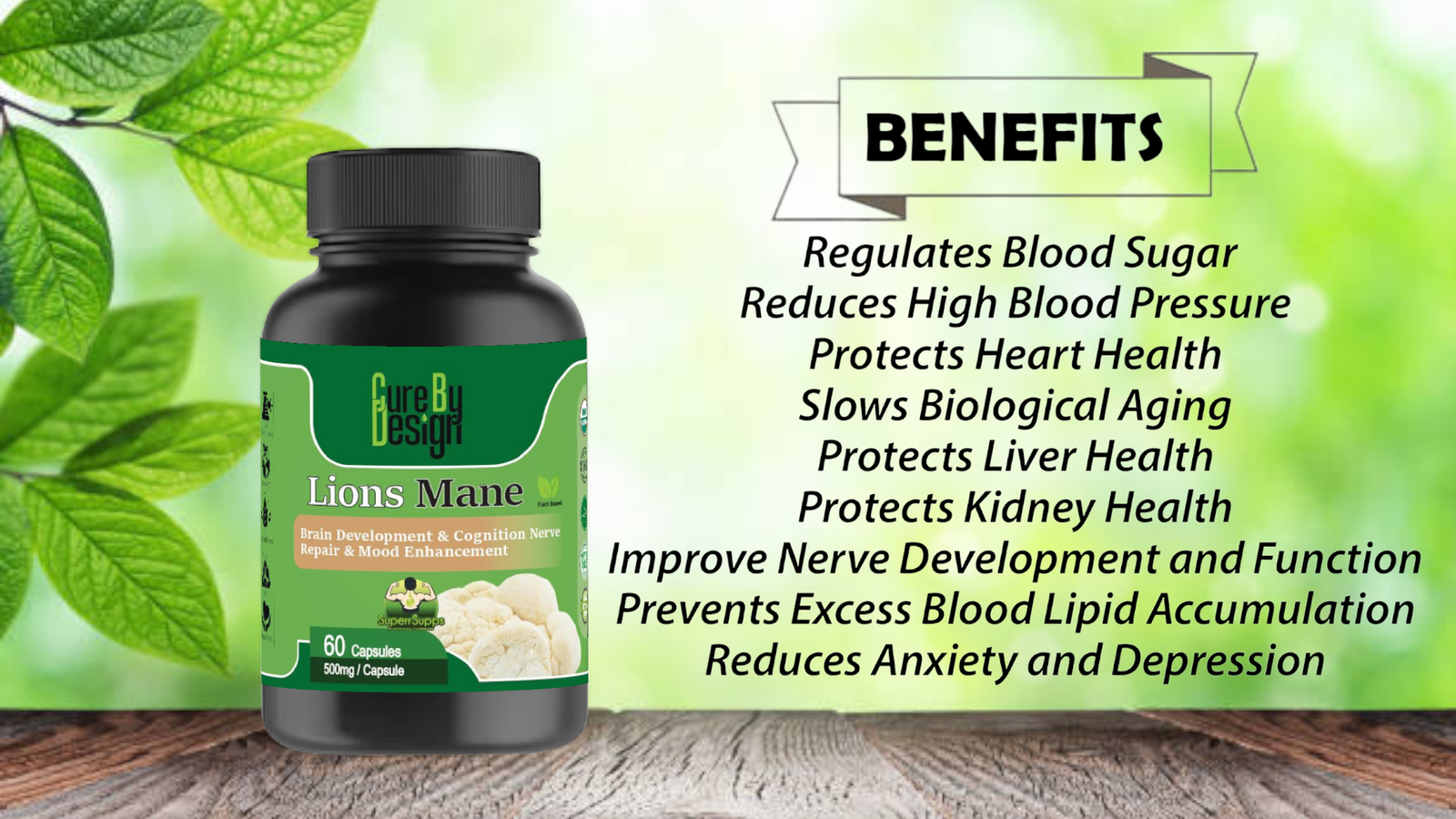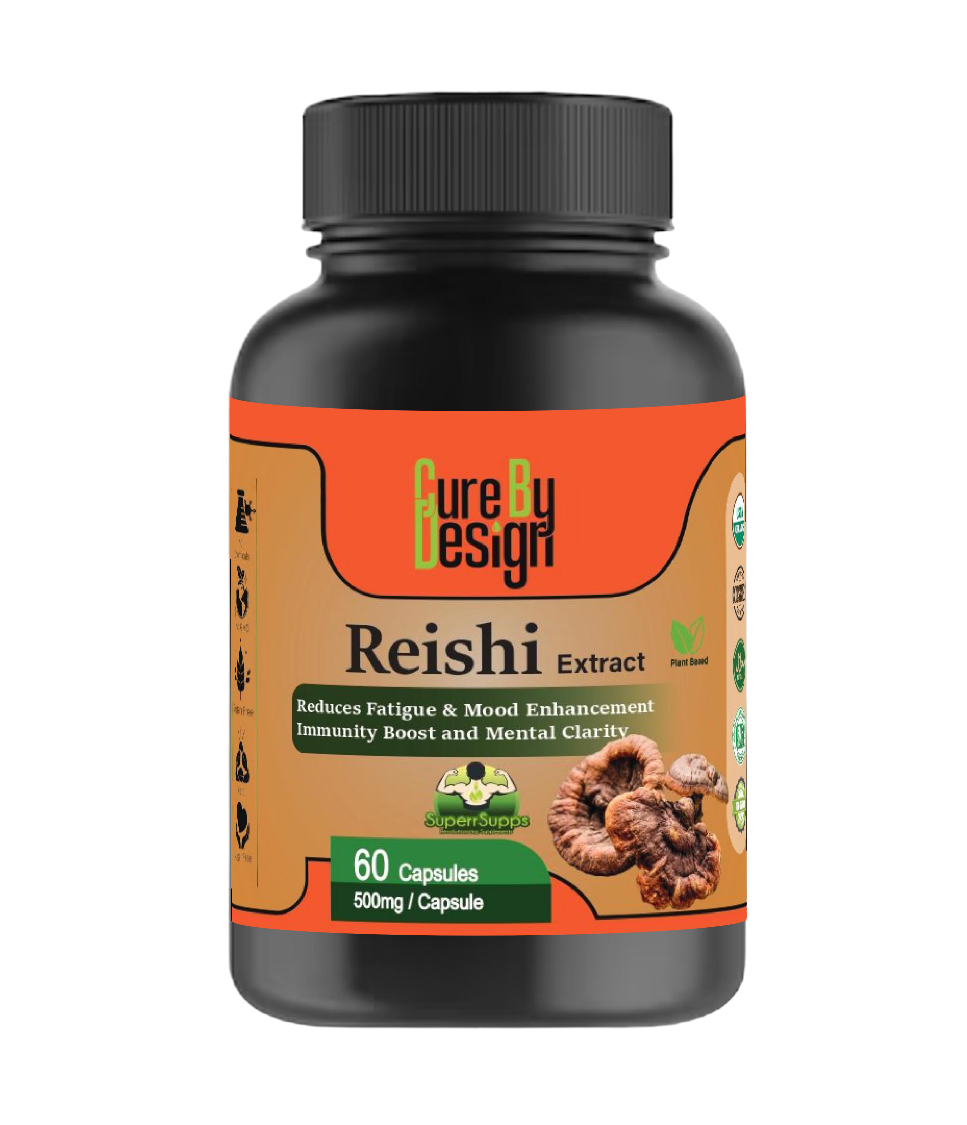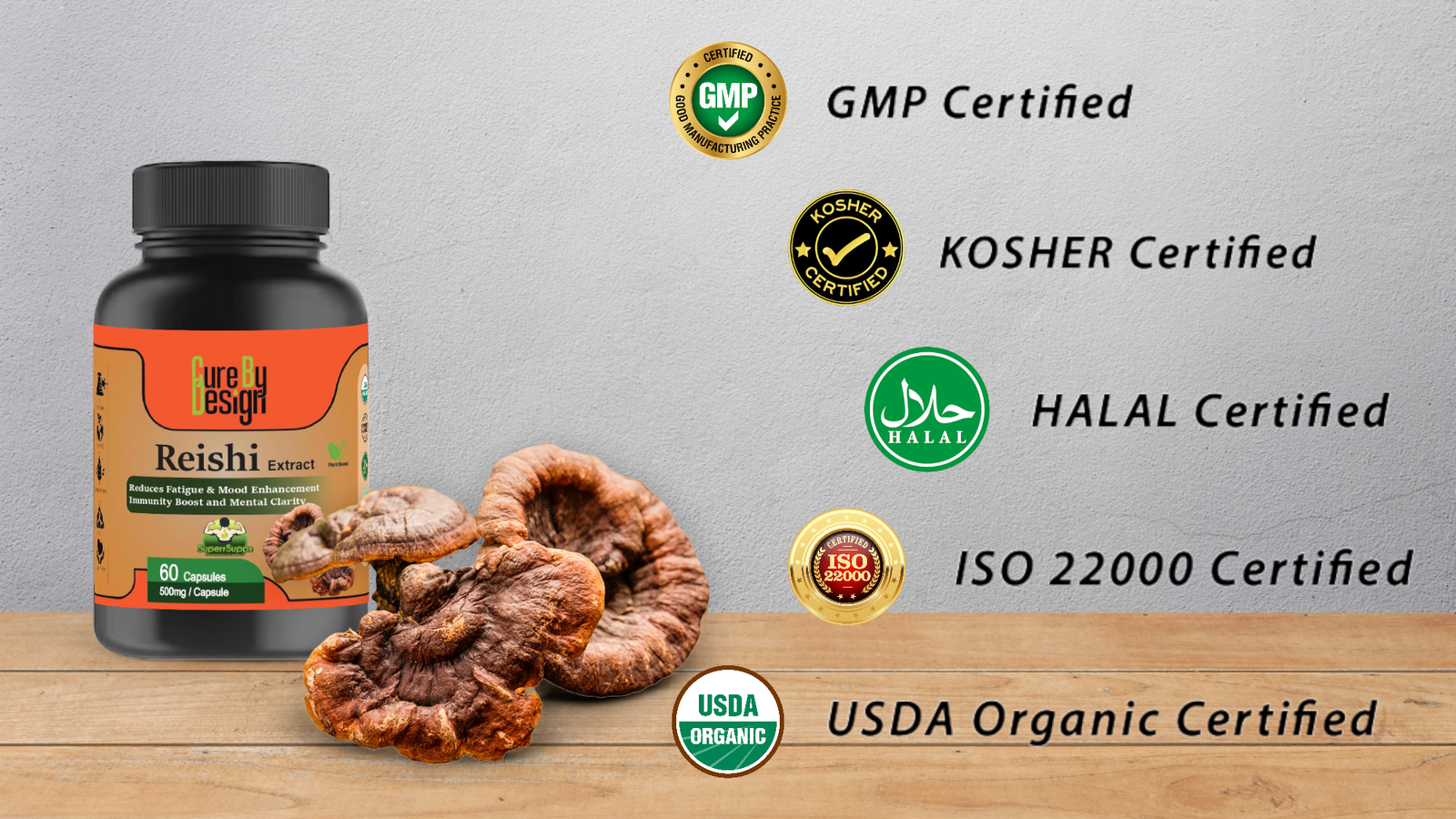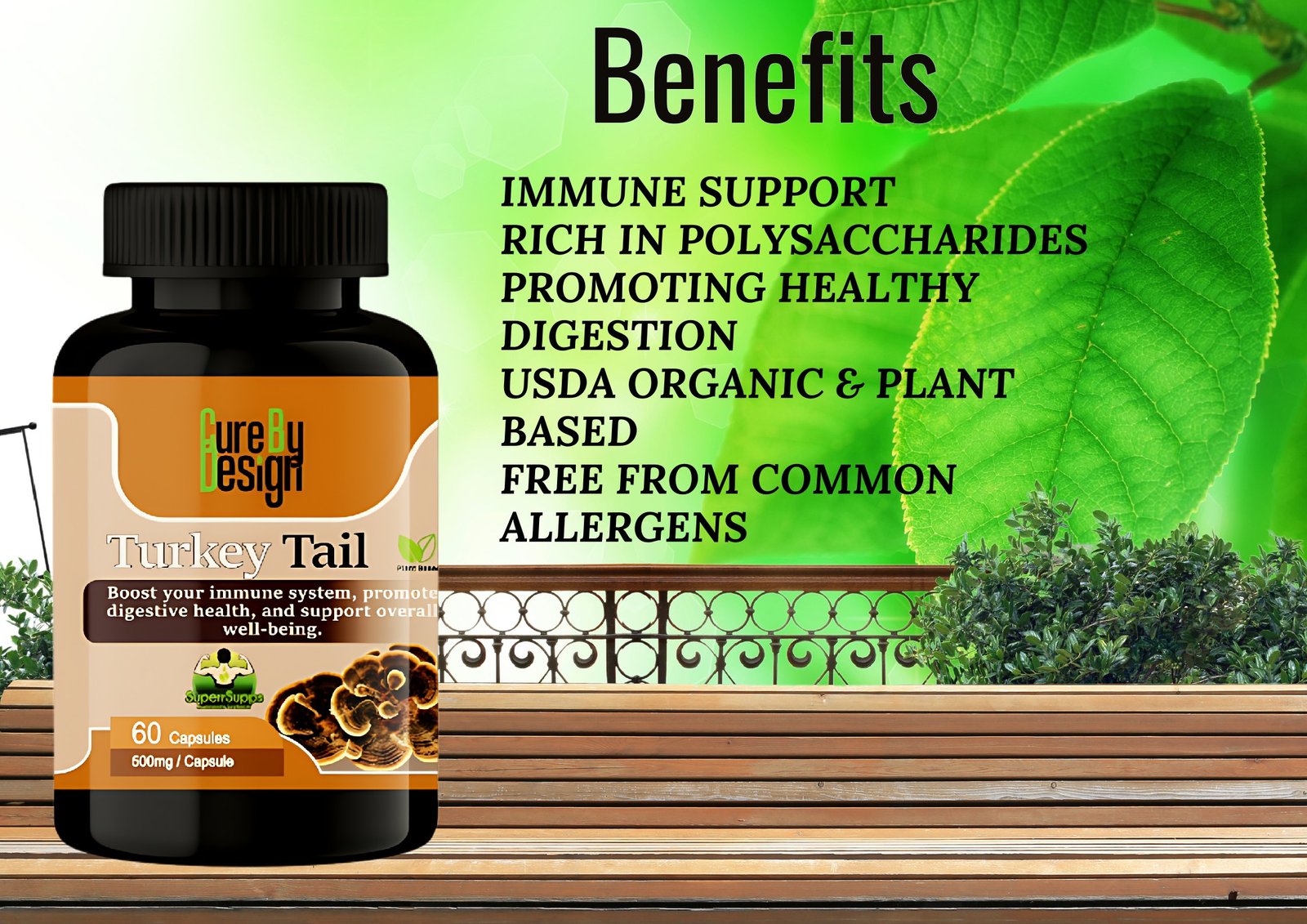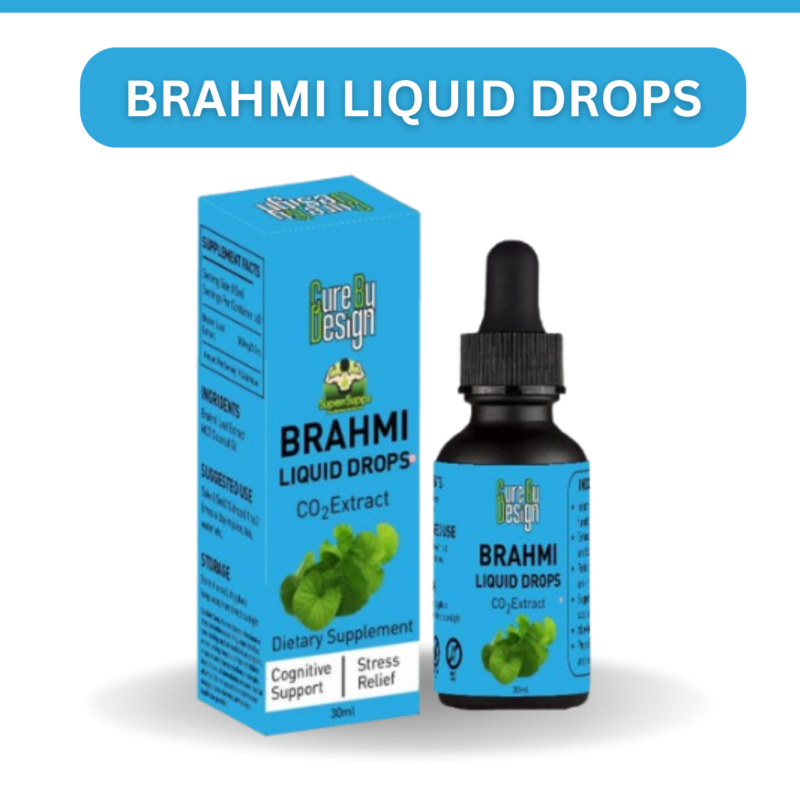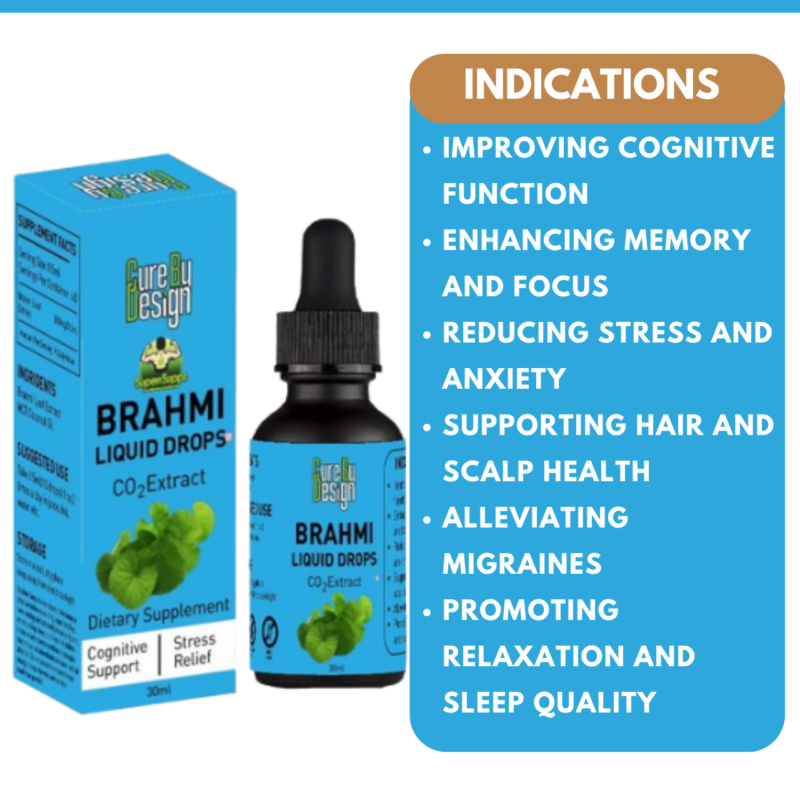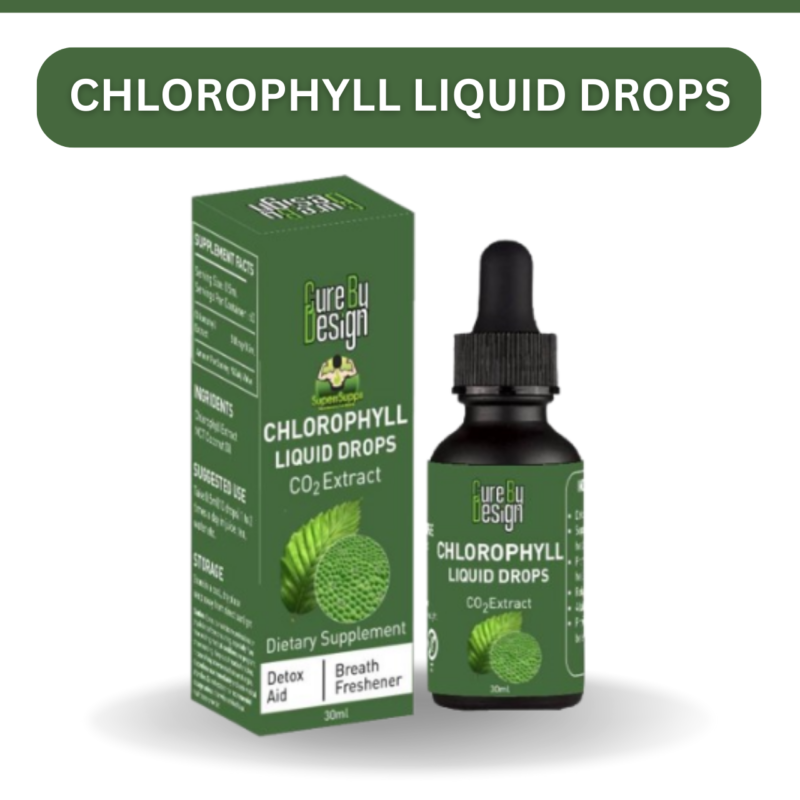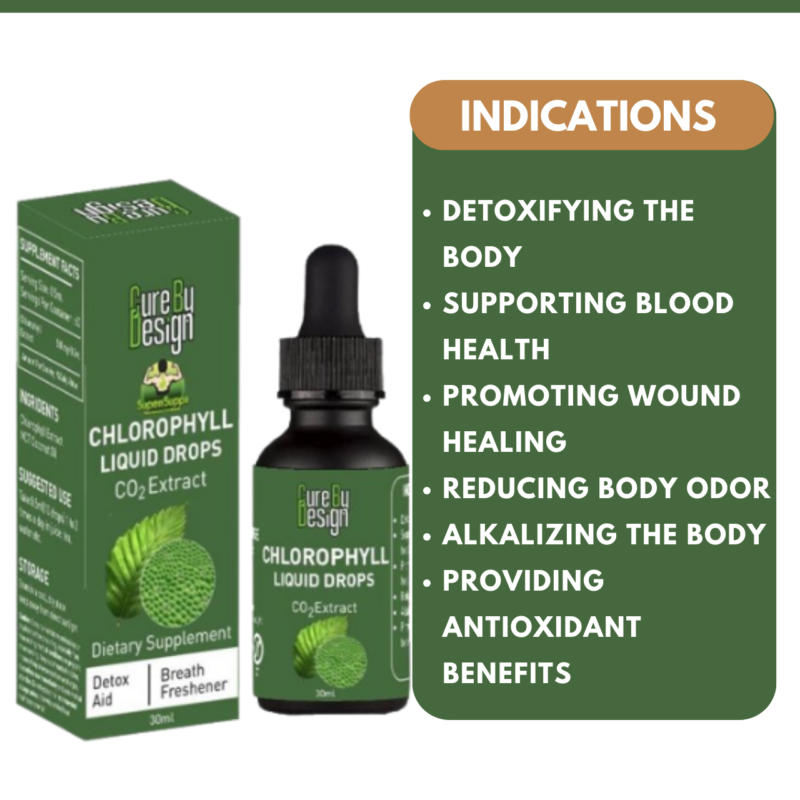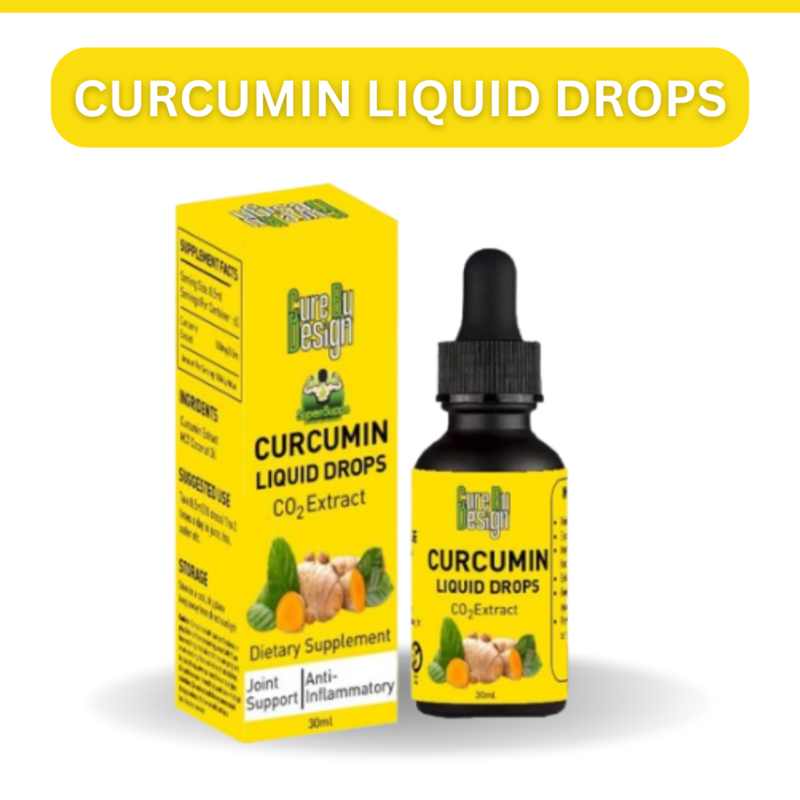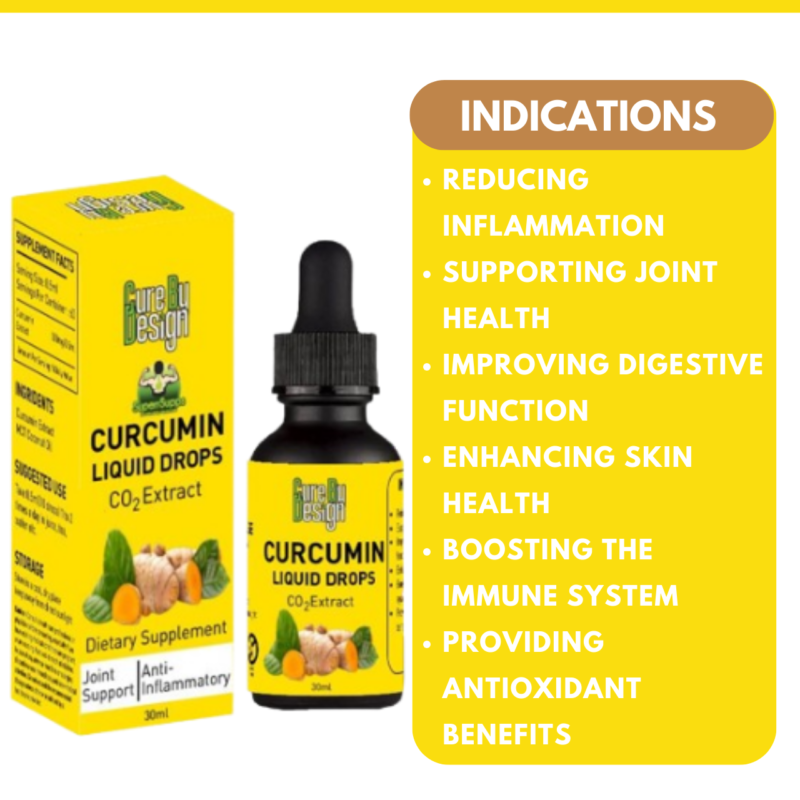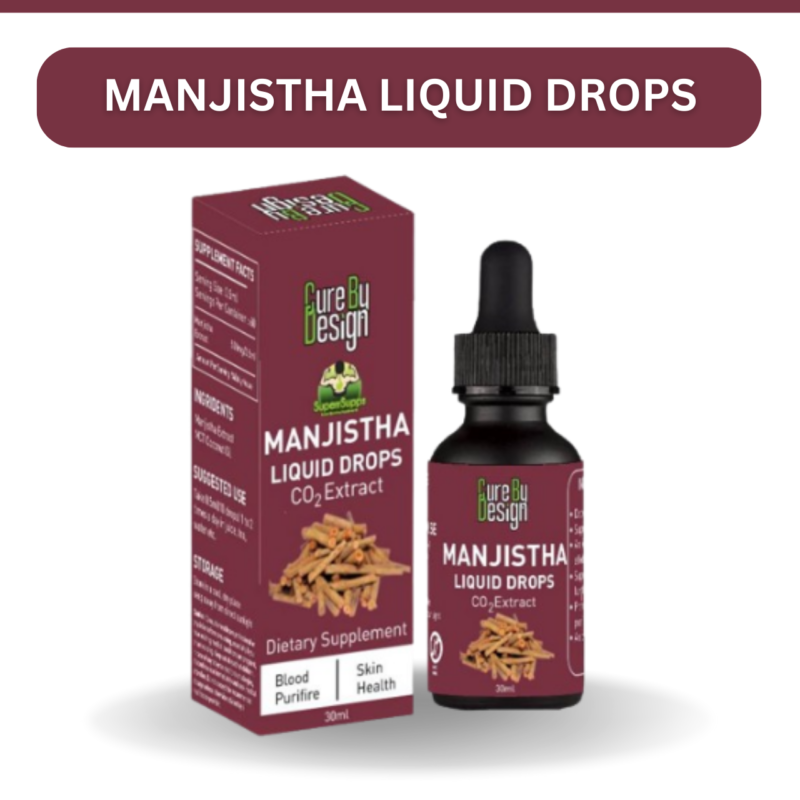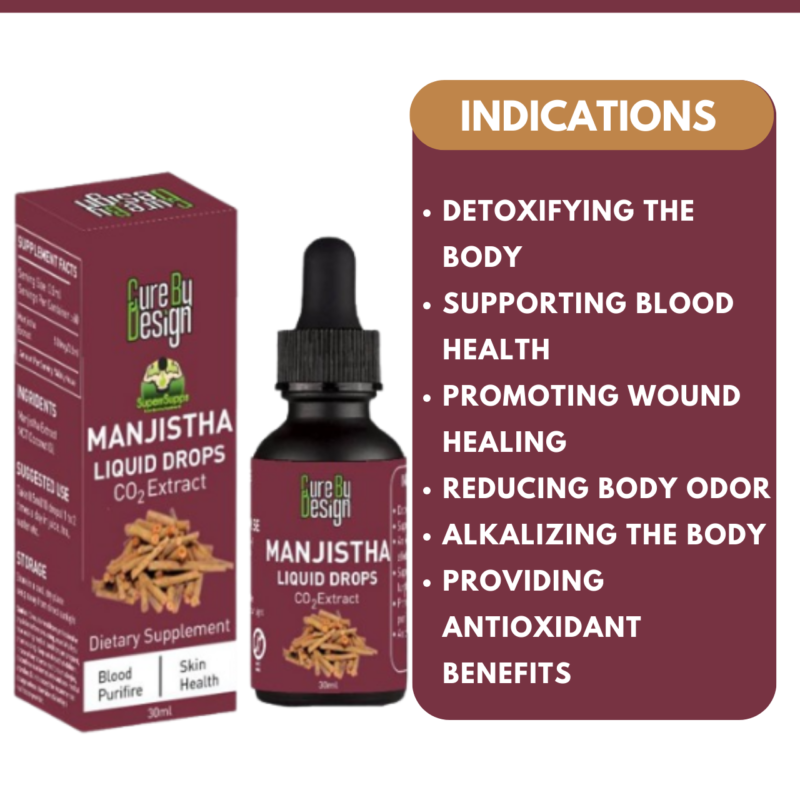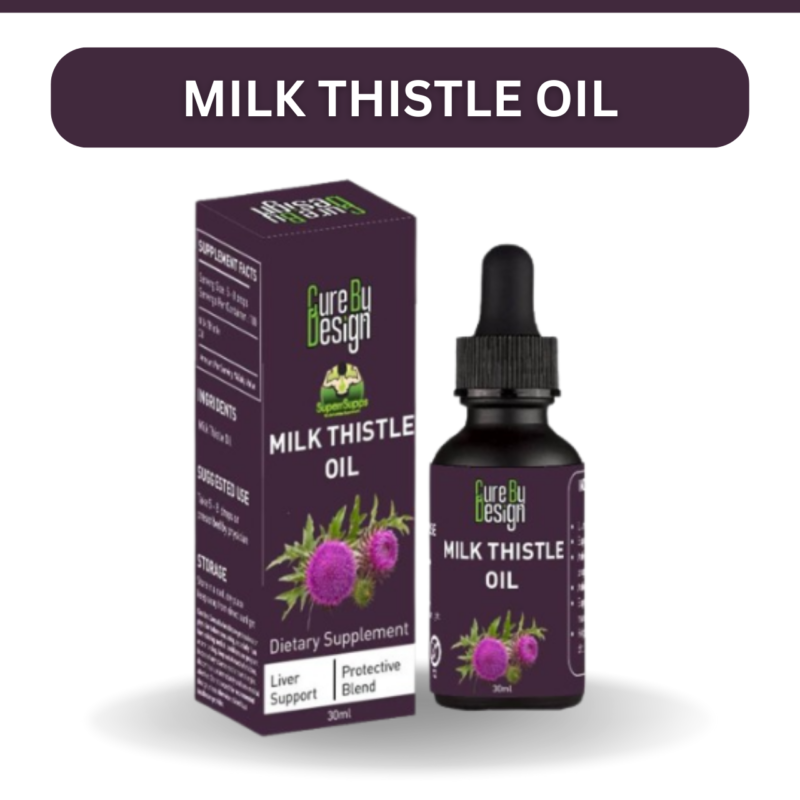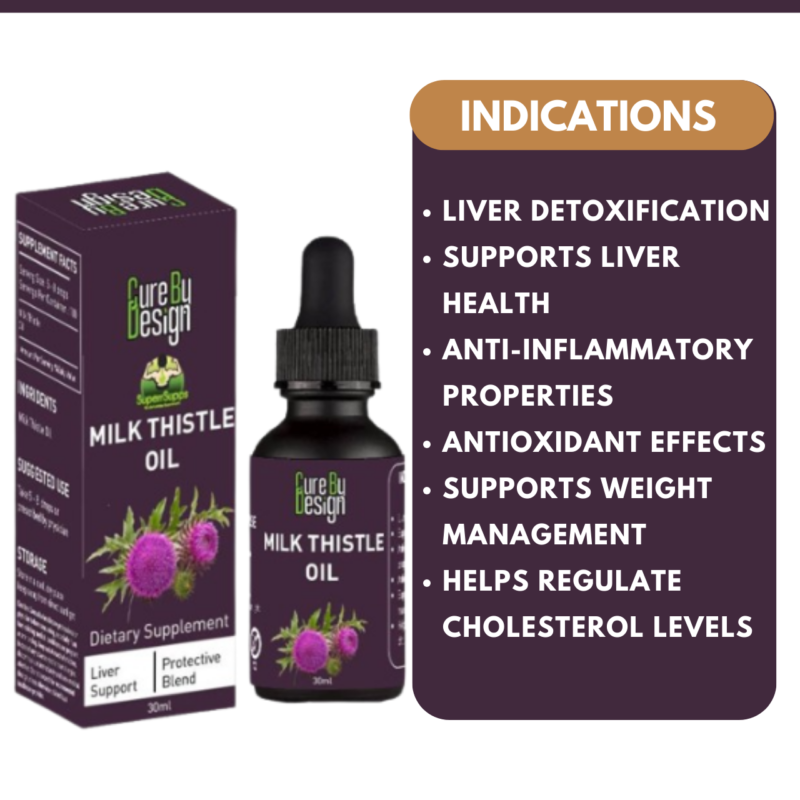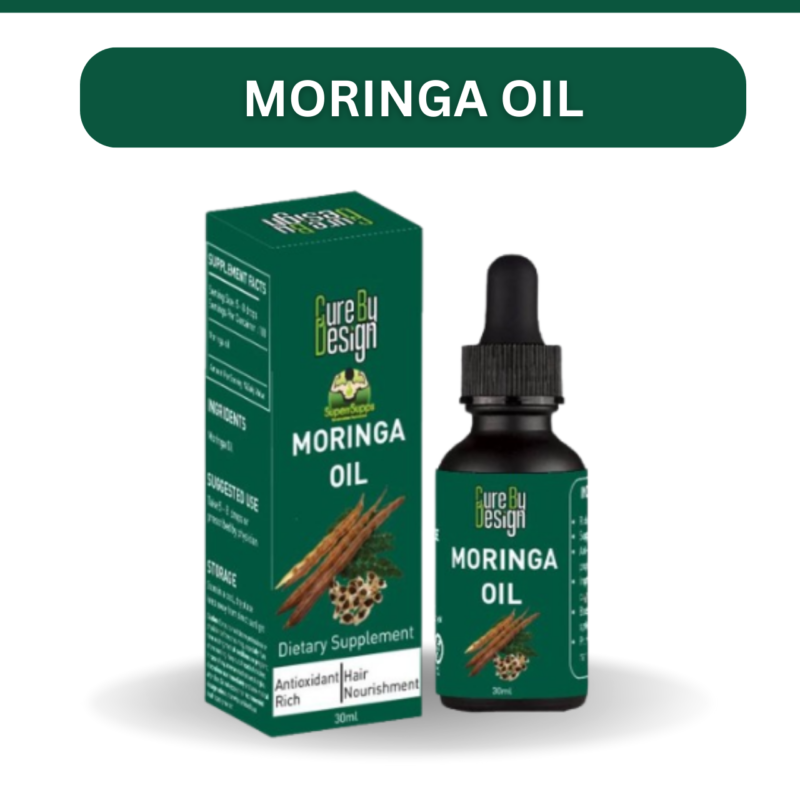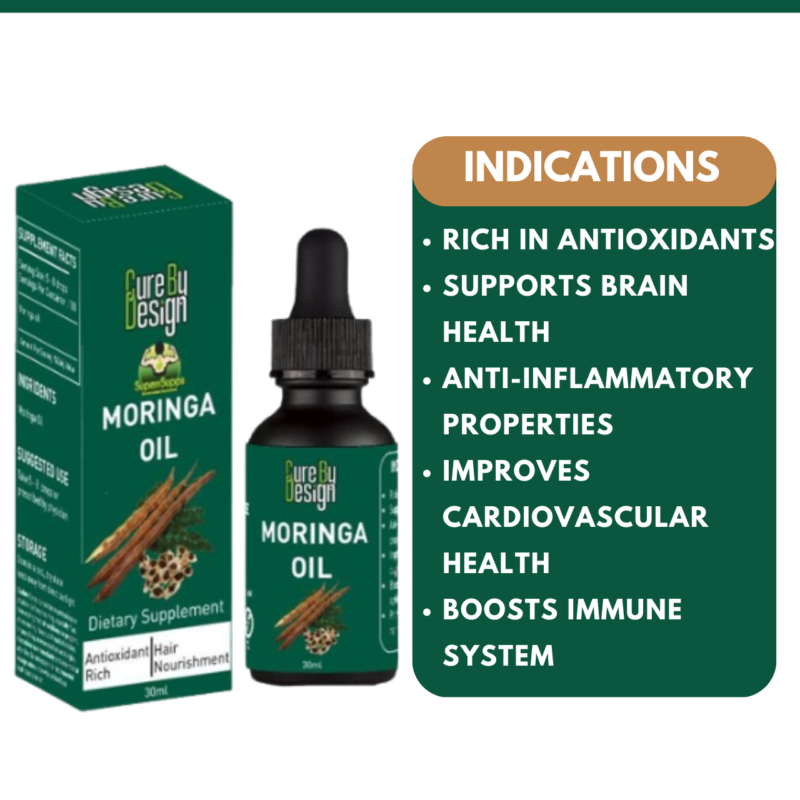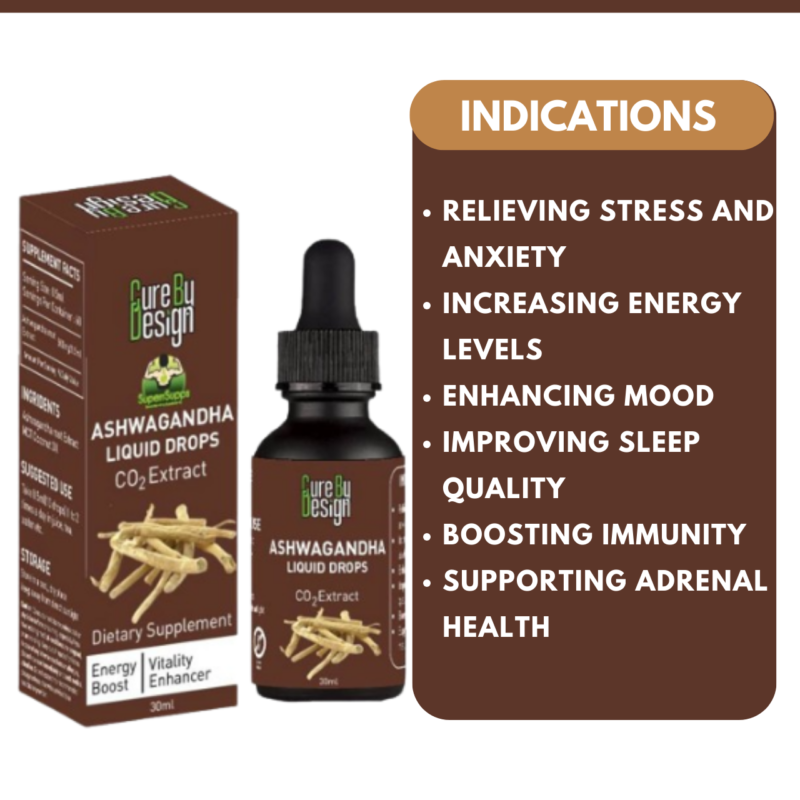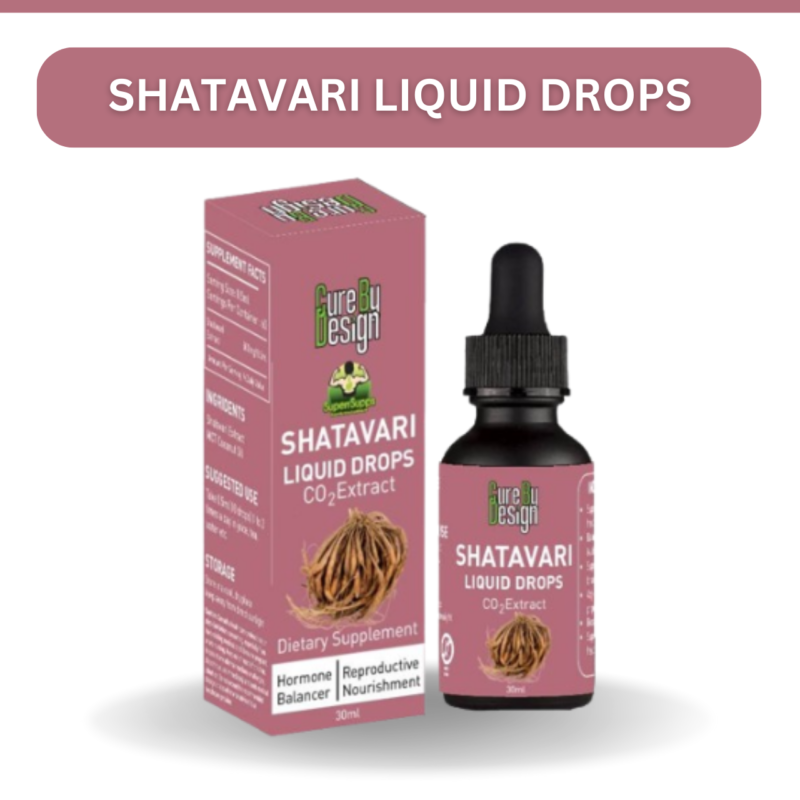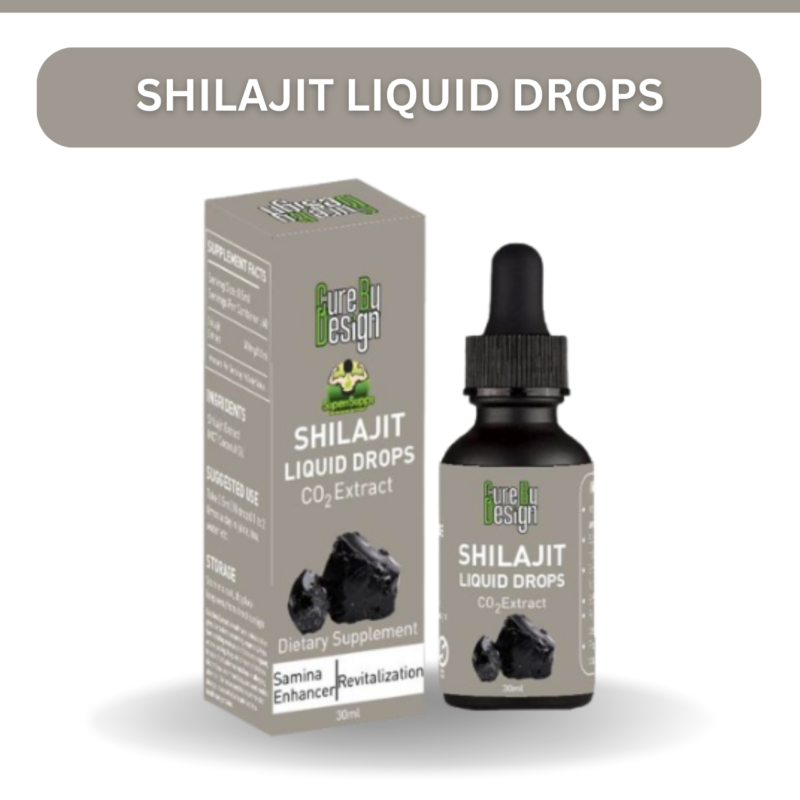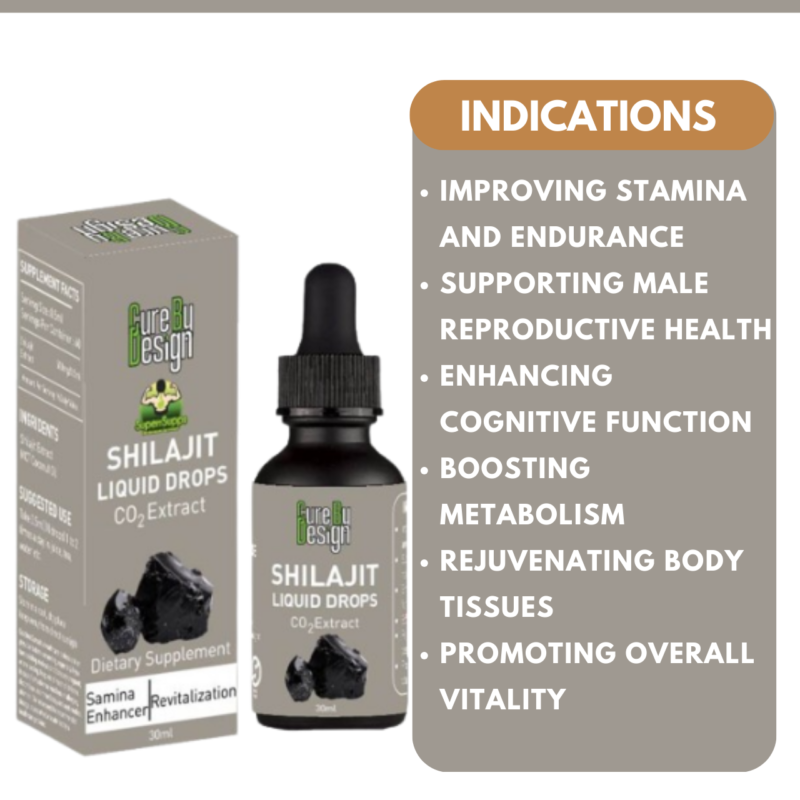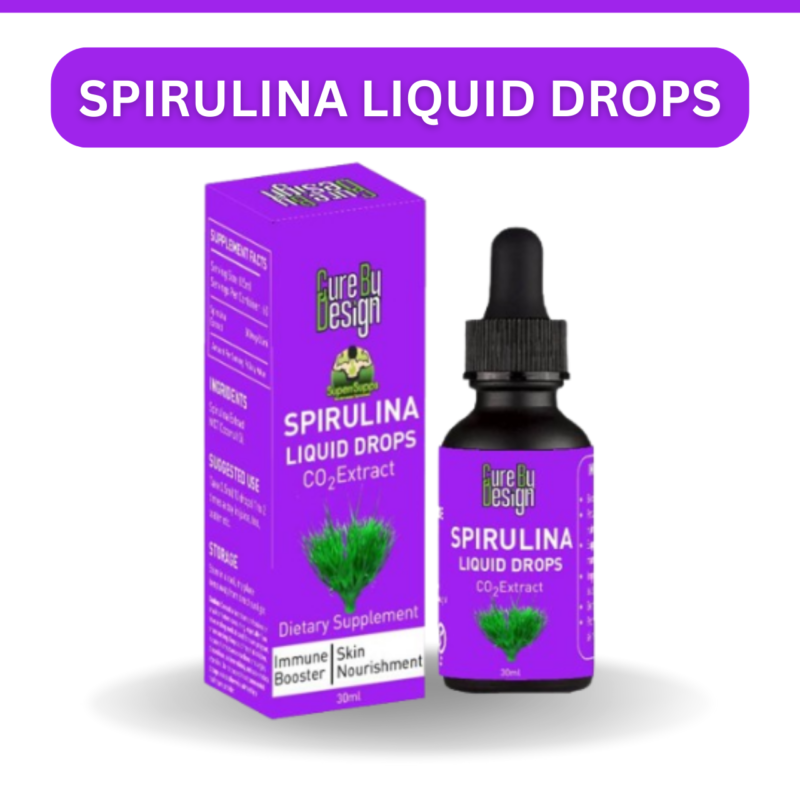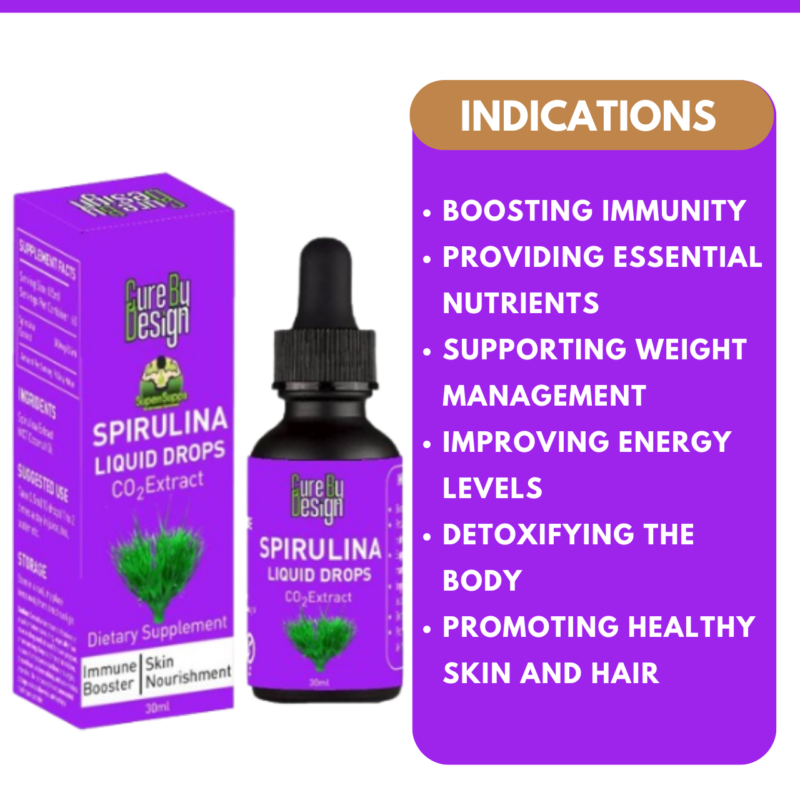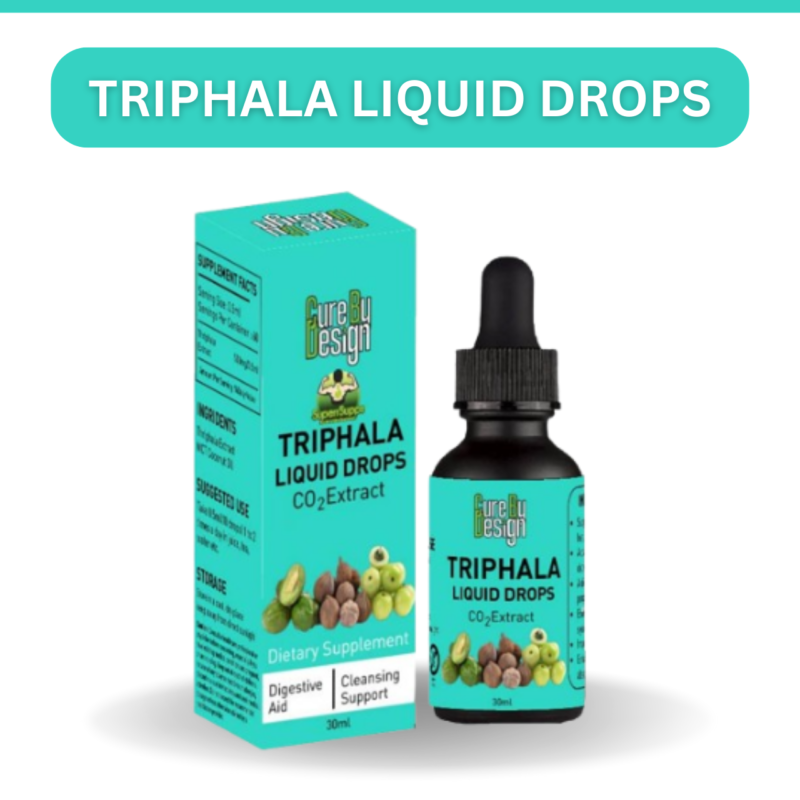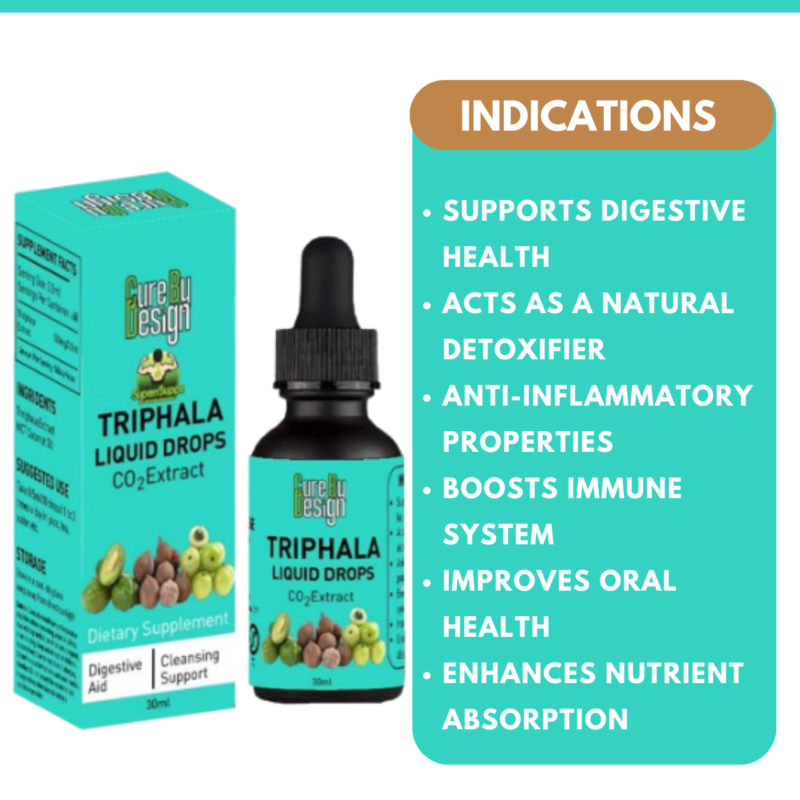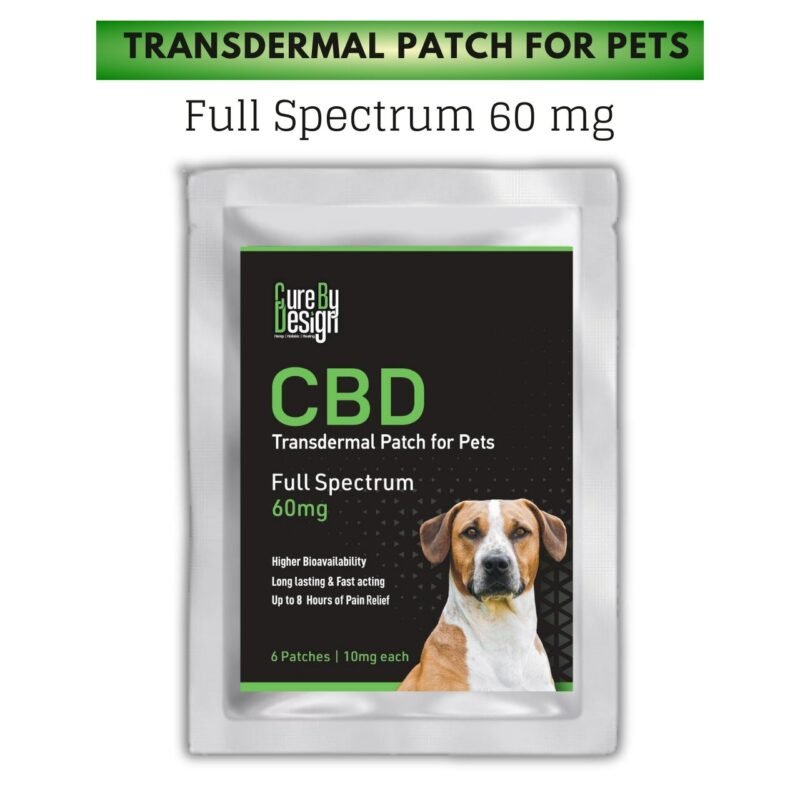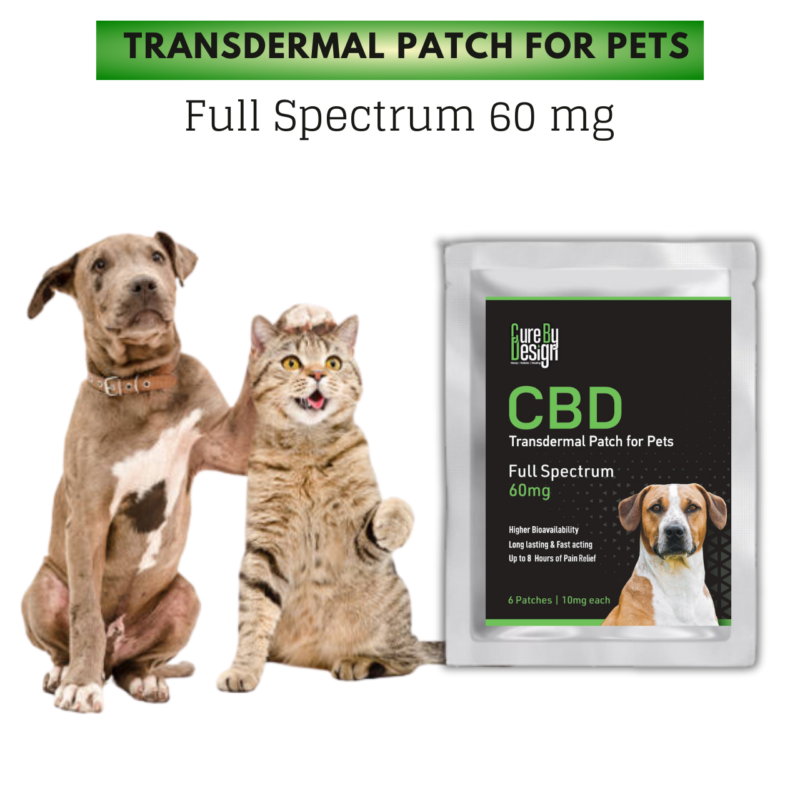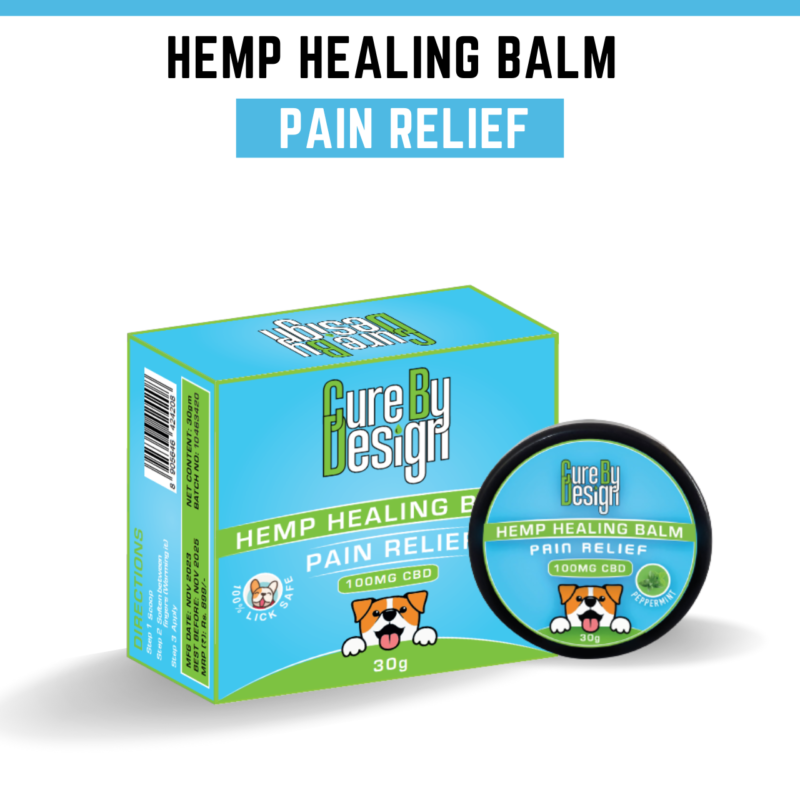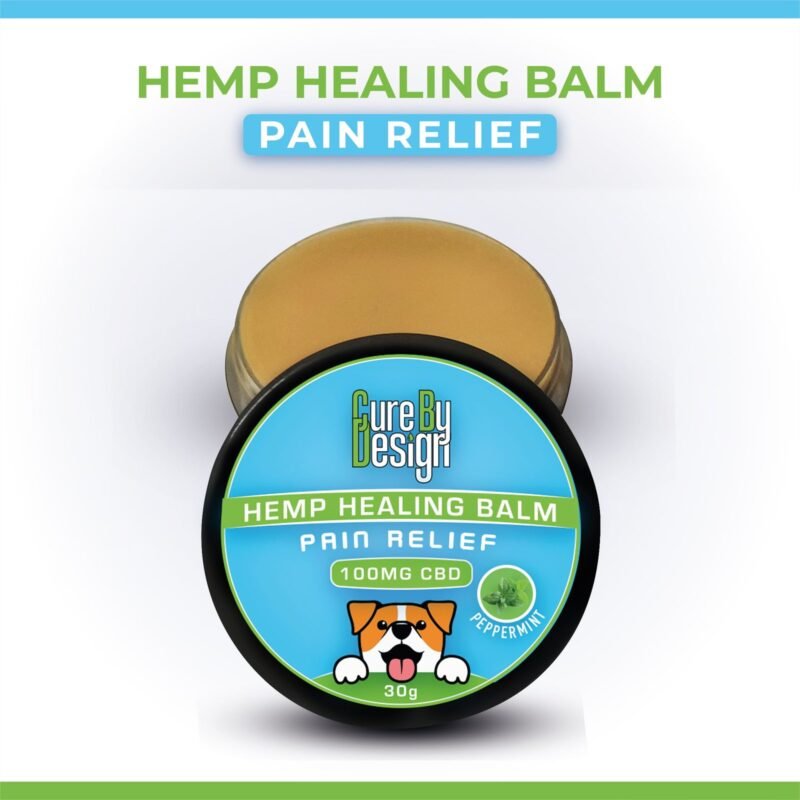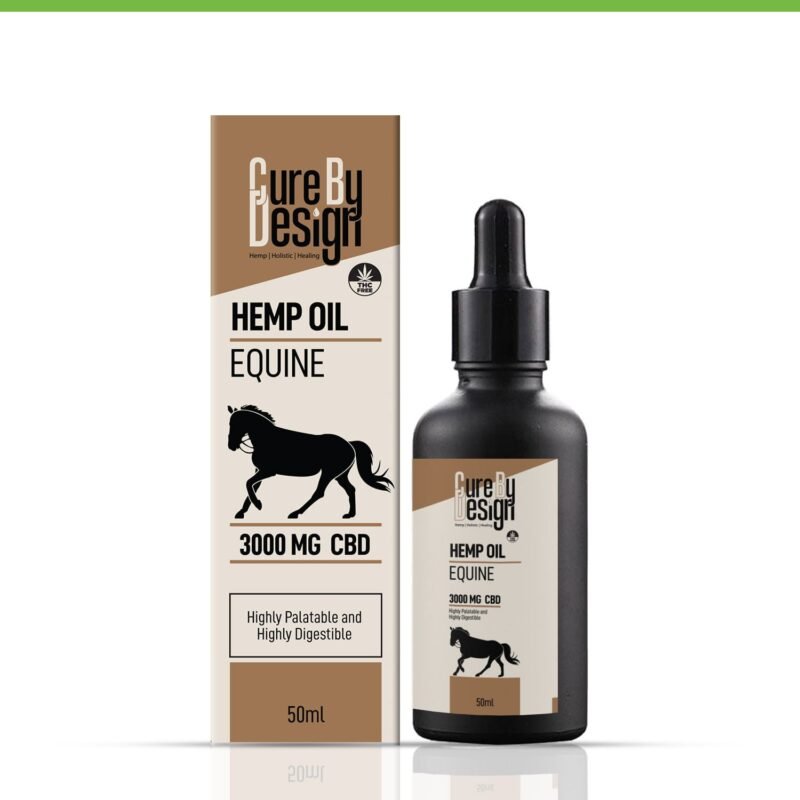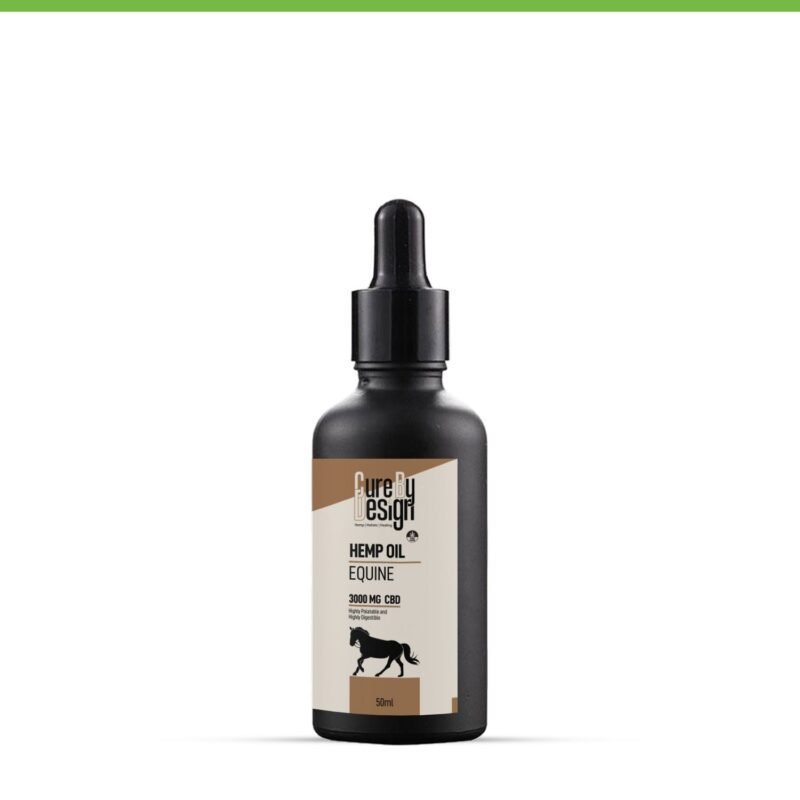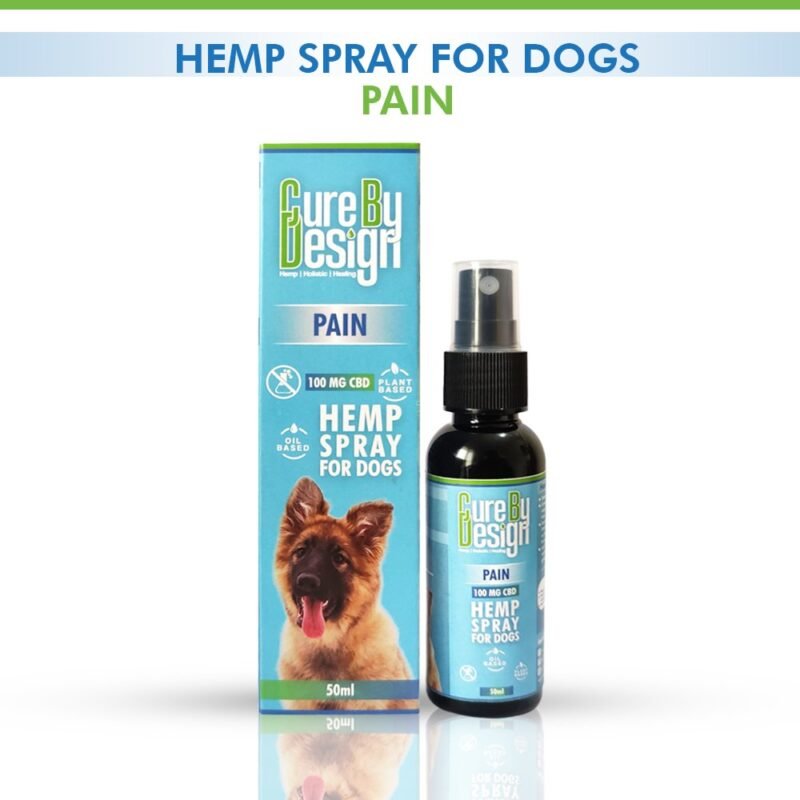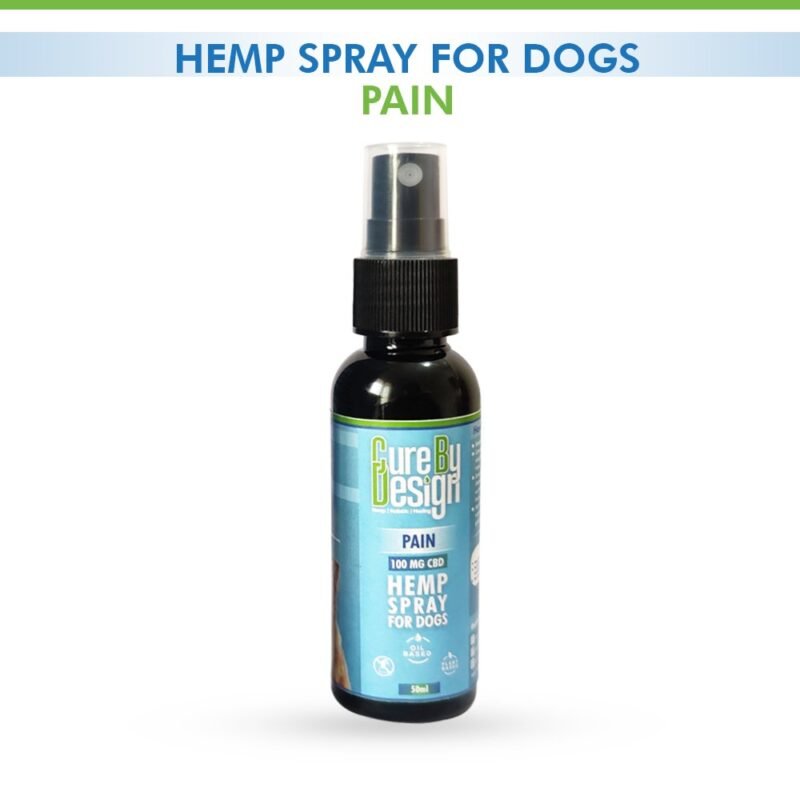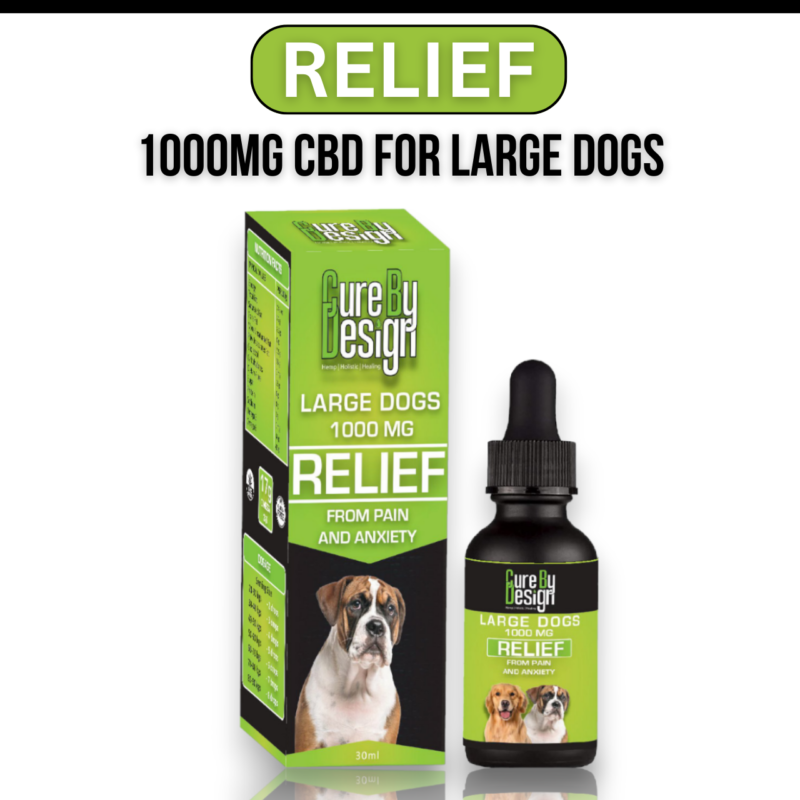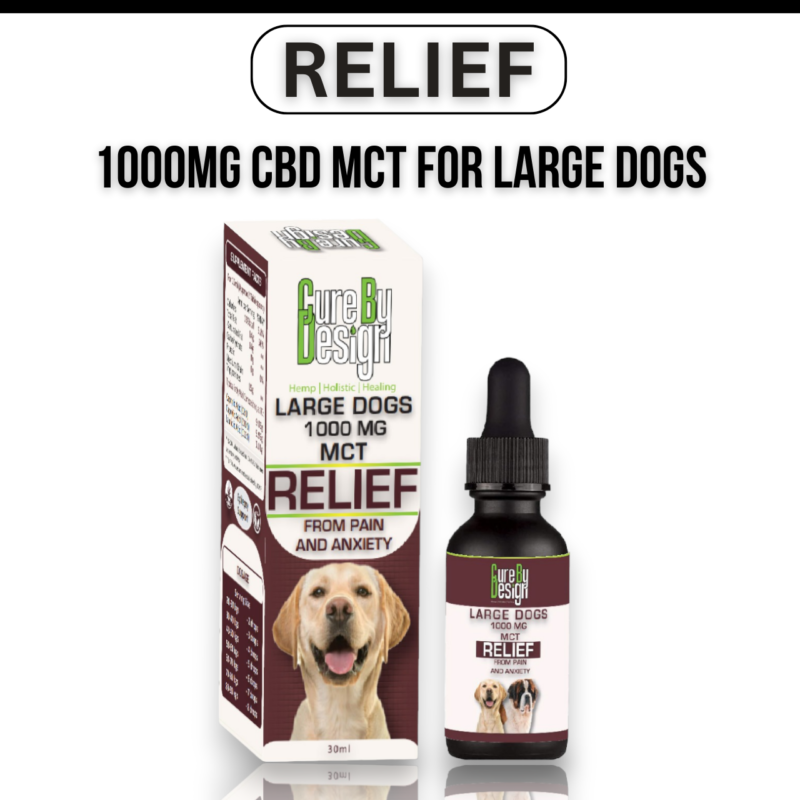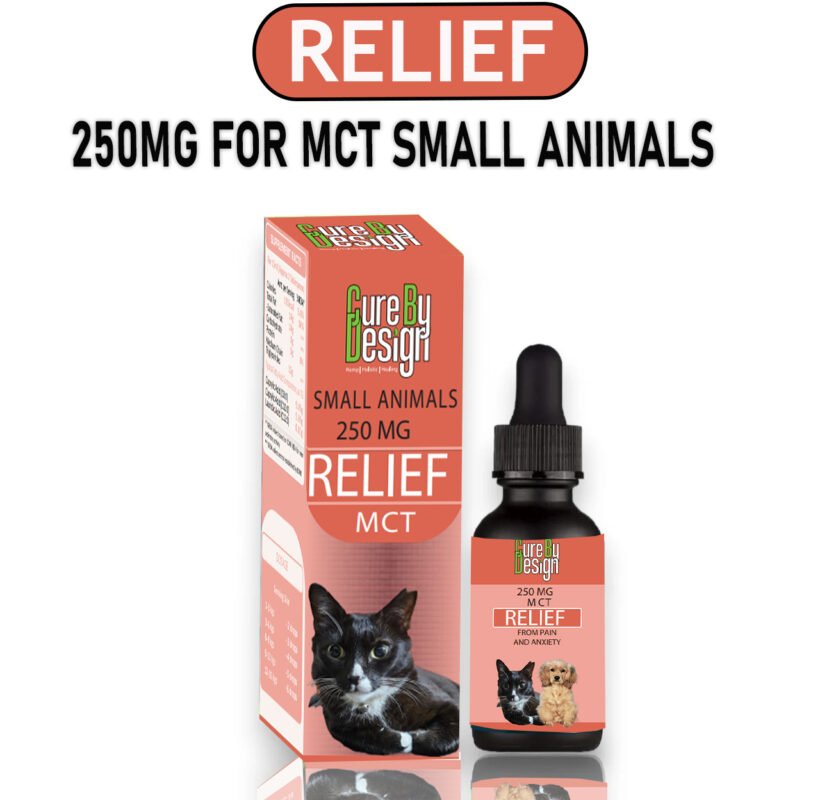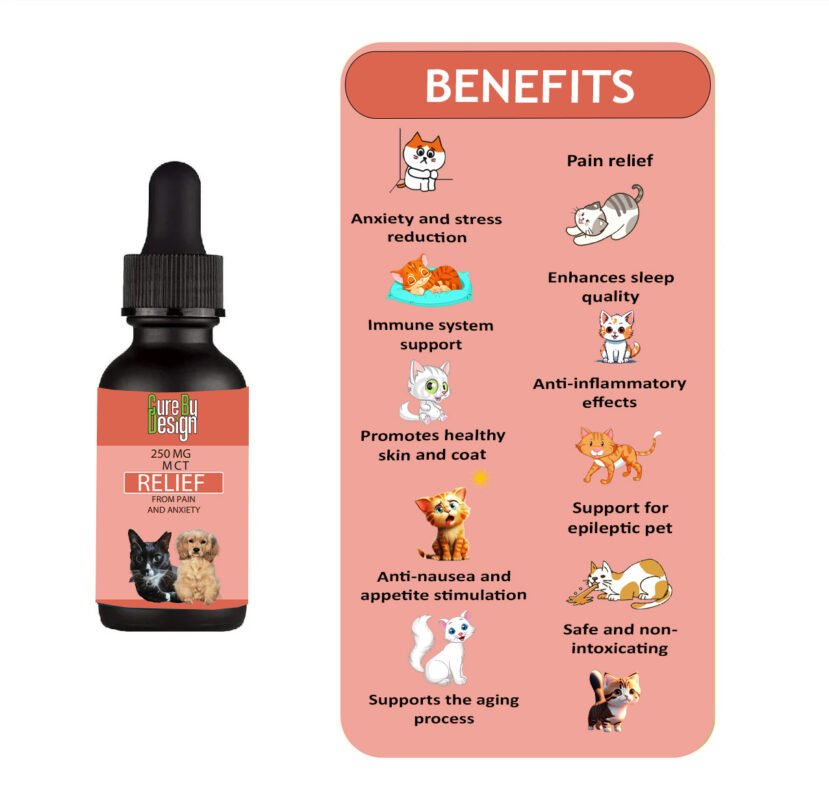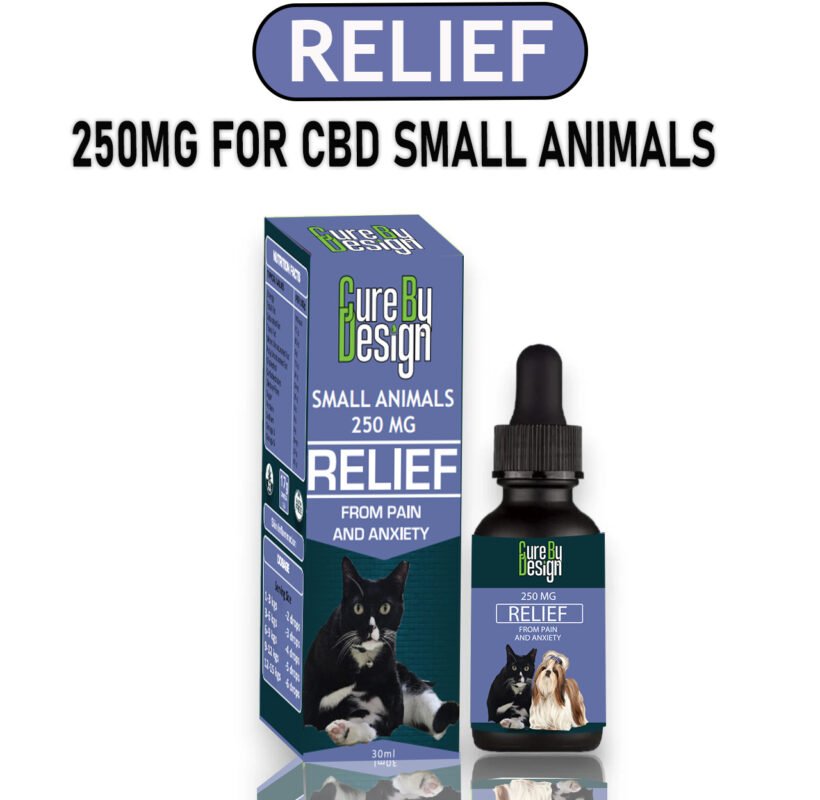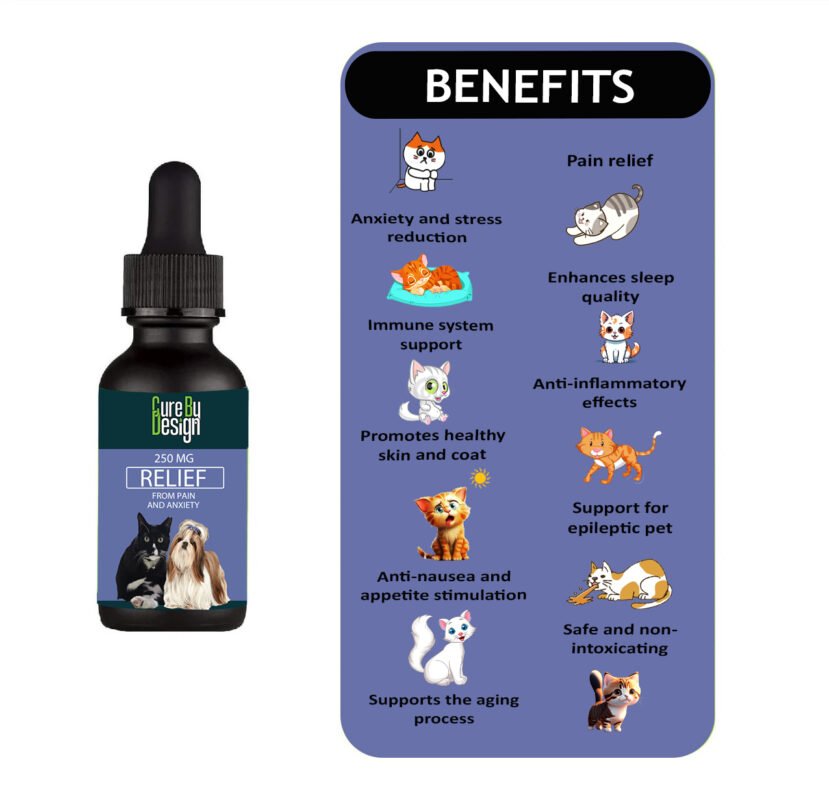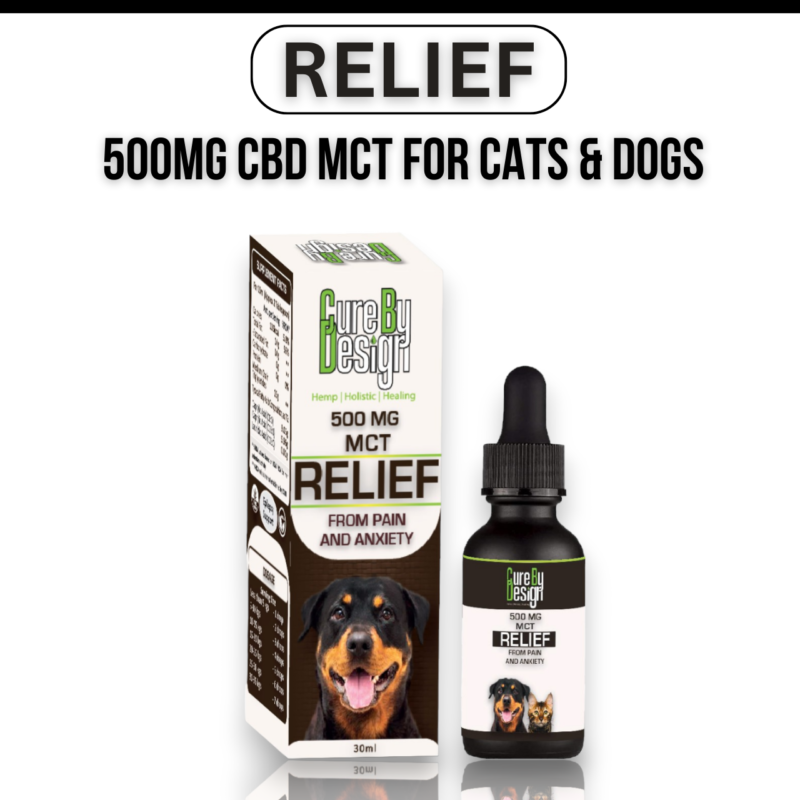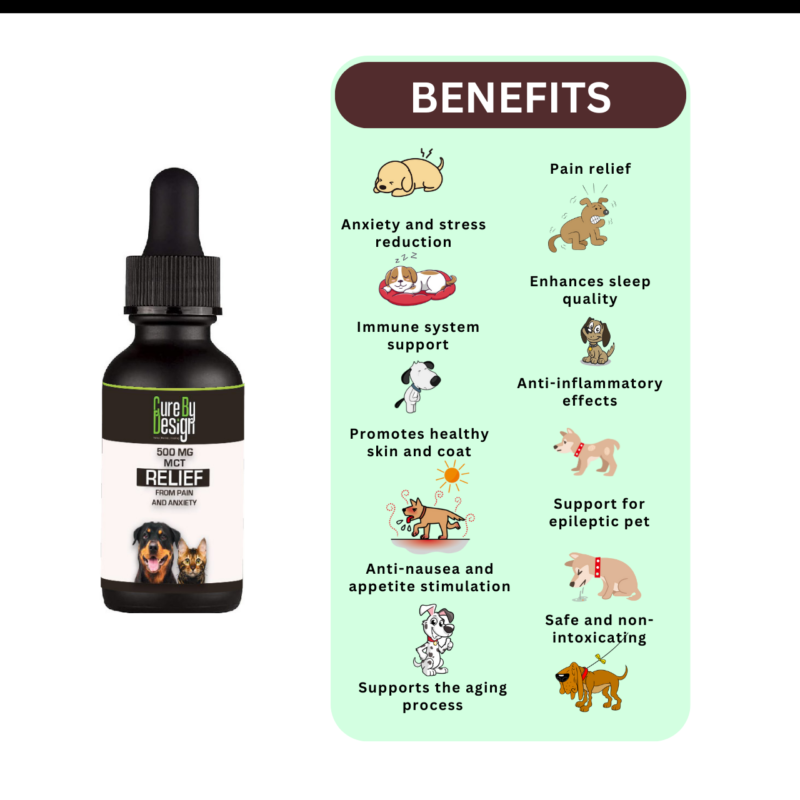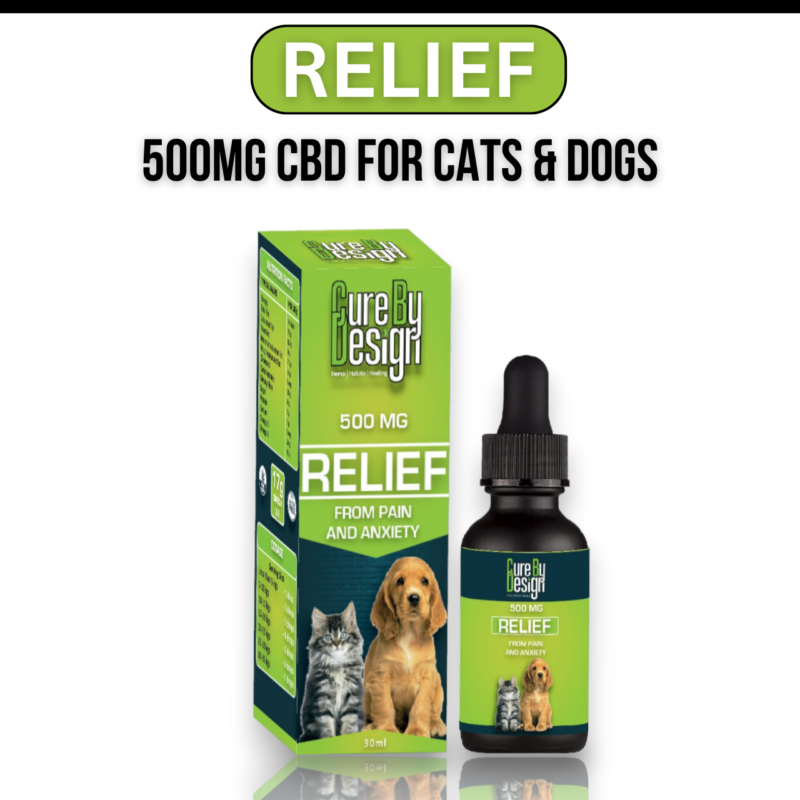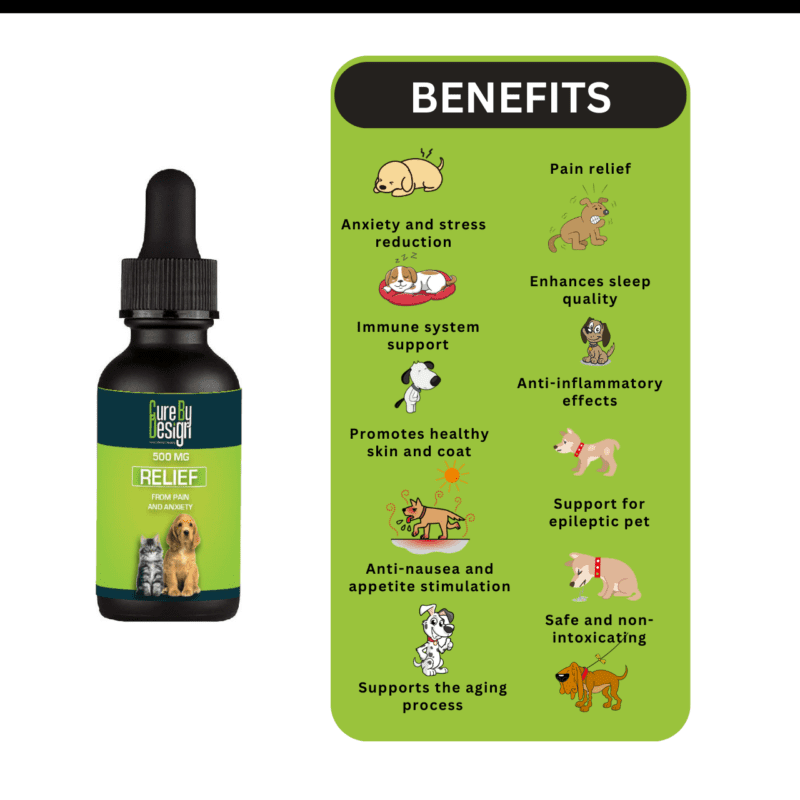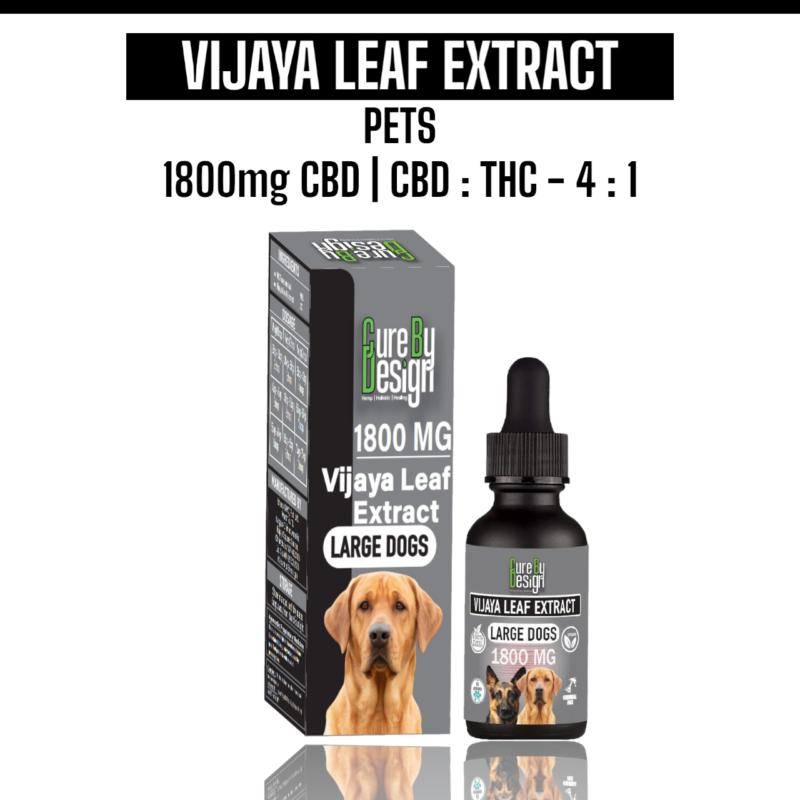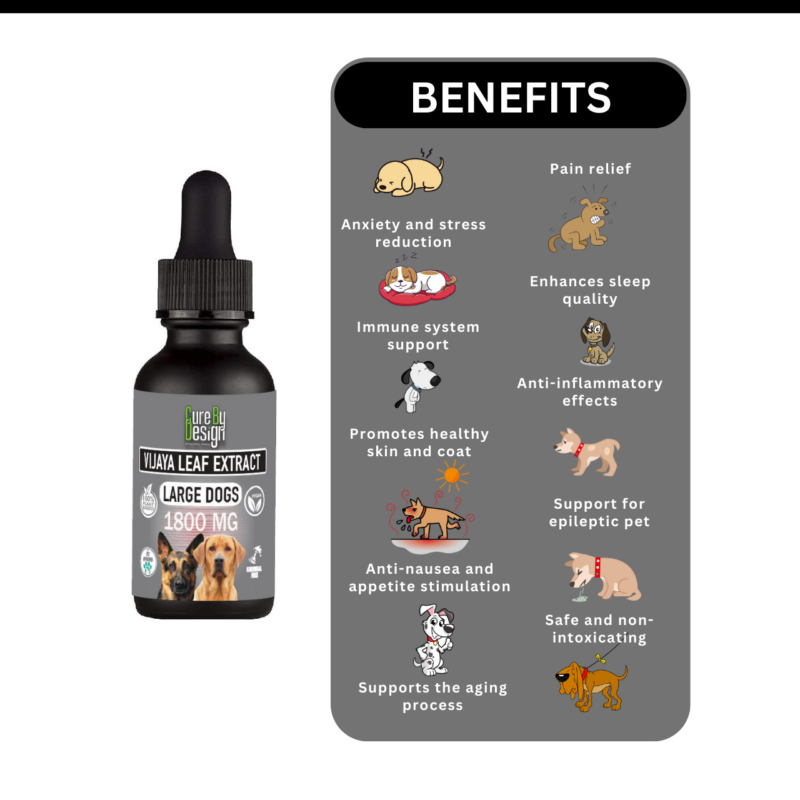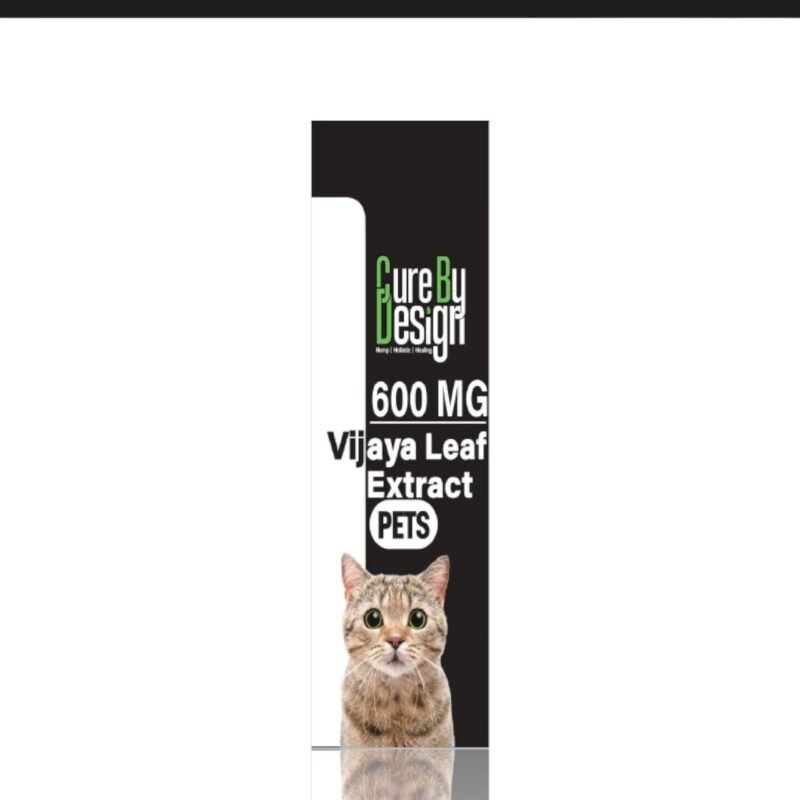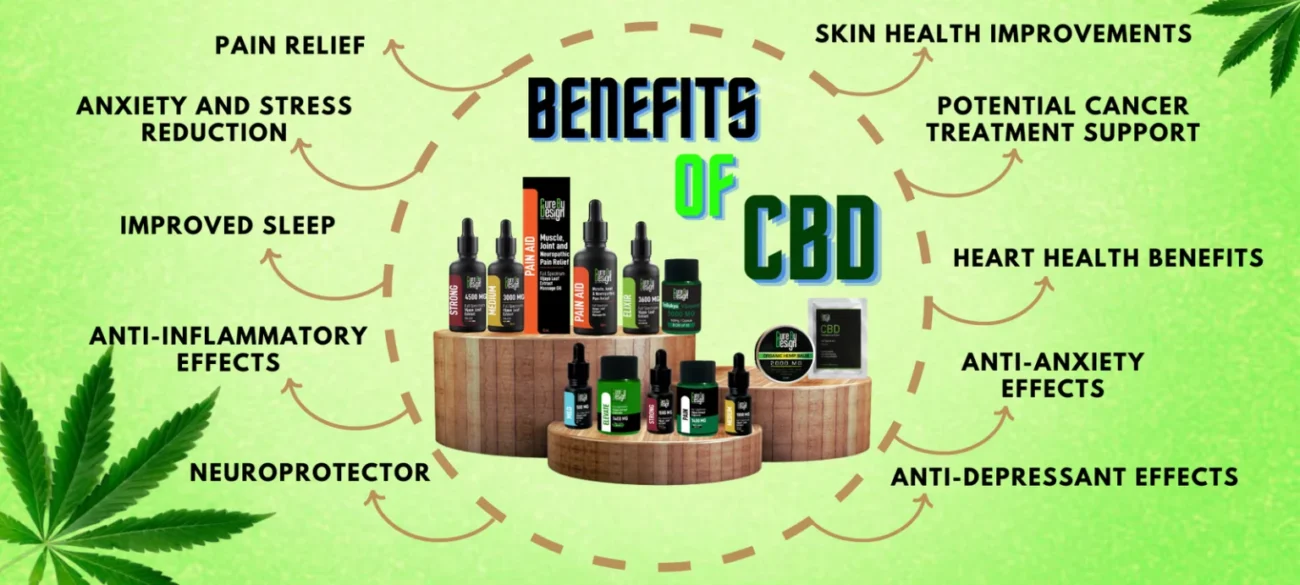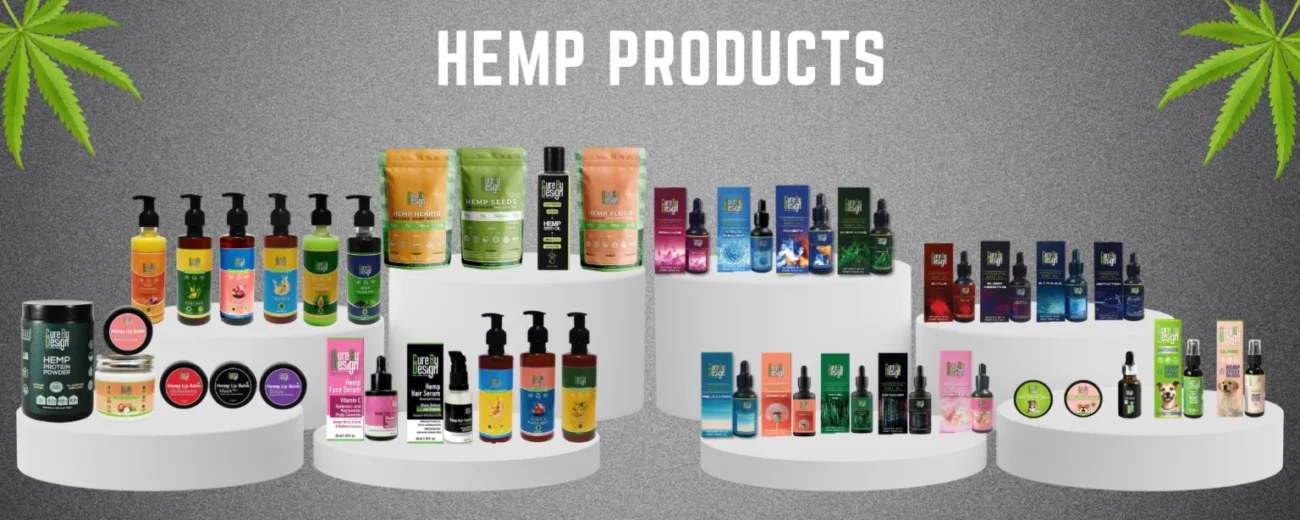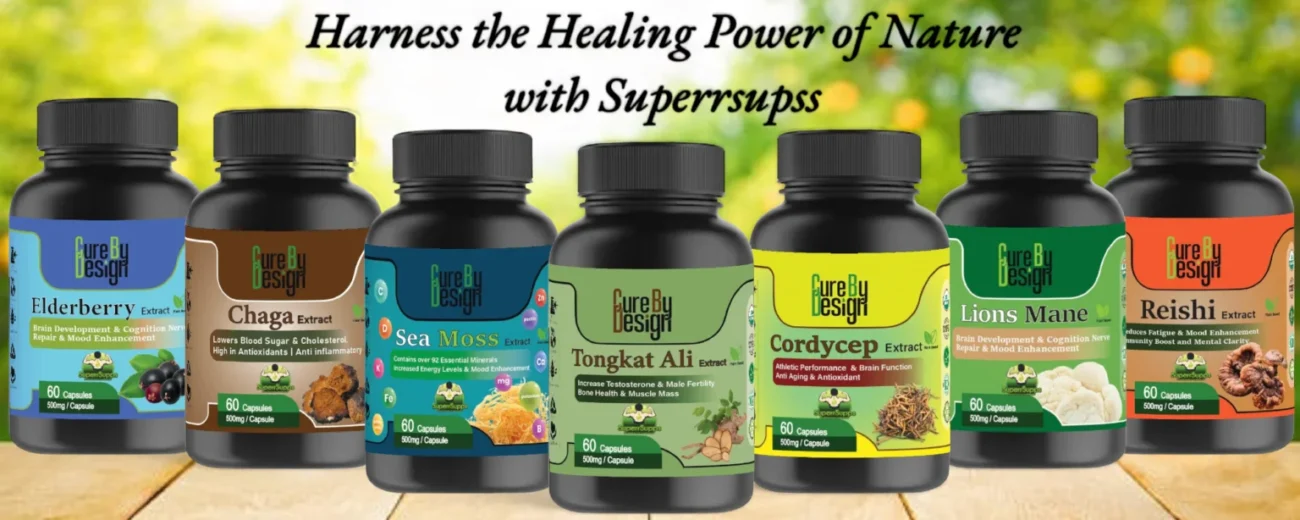Pure Hemp Oil: What It Is and How to Use It Effectively
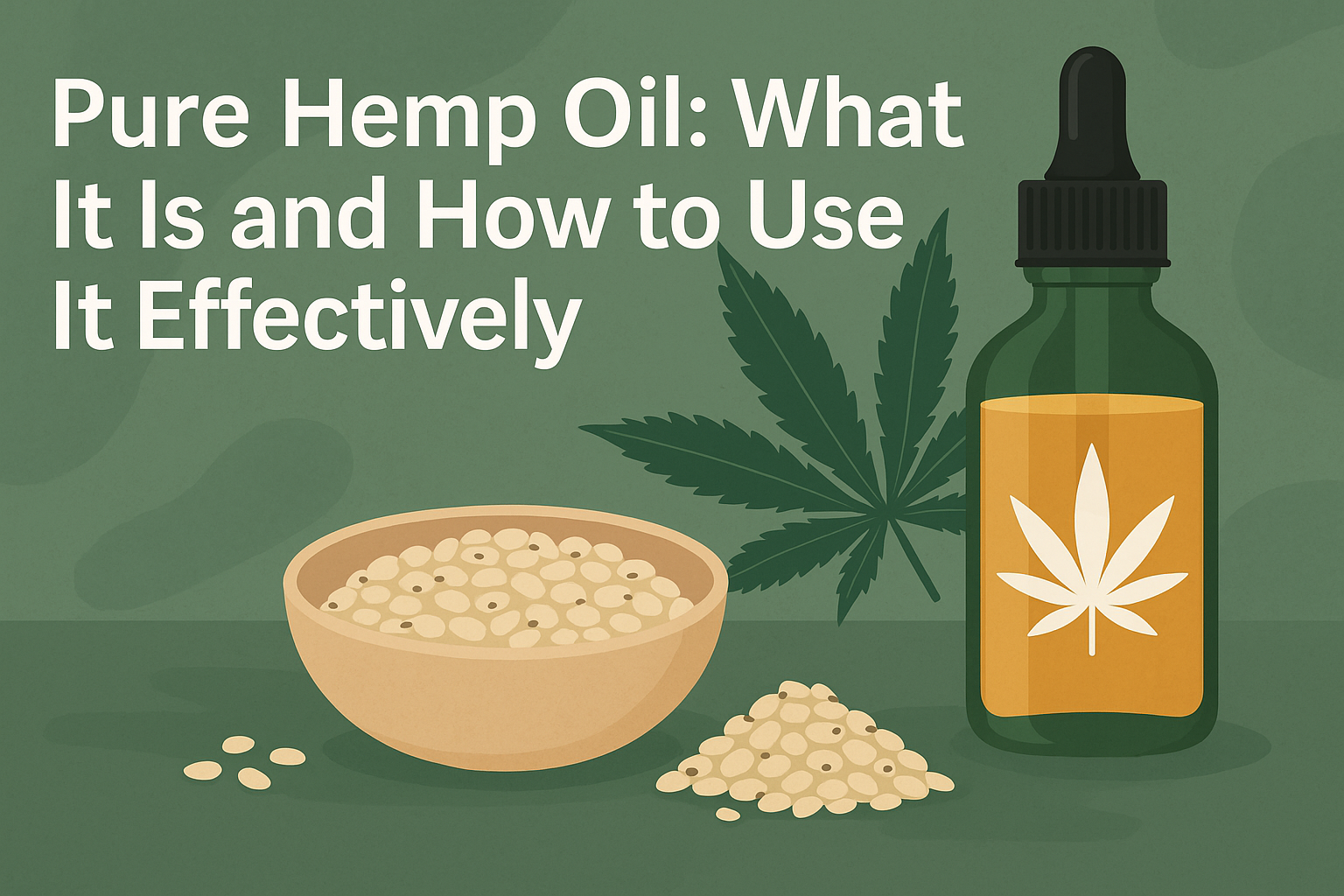
Table of Contents
- What Is Pure Hemp Oil and How Is It Made
- Nutritional Composition of Pure Hemp Oil
- Health Benefits of Pure Hemp Oil for Skin and Body
- How to Use Pure Hemp Oil: Topical and Oral Methods
- Recommended Dosage and Safety Tips for Hemp Oil
- Scientific Studies on Pure Hemp Oil’s Effects
- Differences Between Hemp Seed Oil and CBD Oil
- Additional Tips for Using and Storing Hemp Oil
- Frequently Asked Questions
9.1. What exactly is pure hemp oil and how does it differ from CBD oil?
9.2. How should I use pure hemp oil to get the best health benefits?
9.3. Can pure hemp oil cause any side effects or interact with medications?
9.4. Is pure hemp oil effective for skin care, and how should it be applied?
9.5. How long does it take to notice benefits from using pure hemp oil consistently?
Pure hemp oil, also called hemp seed oil, is made by cold-pressing seeds from the hemp plant (Cannabis sativa). Unlike CBD oil, which comes from the flowers and leaves and contains cannabidiol, pure hemp oil has negligible THC and no psychoactive effects. It contains a healthy balance of omega-6 and omega-3 fatty acids along with antioxidants and vitamins. Used topically, it can soothe skin irritation, moisturize without clogging pores, and may help reduce acne and signs of aging. For daily use, try 1 to 2 tablespoons orally or apply small amounts on skin after a patch test. Always store it in a cool dark place for best results.
What Is Pure Hemp Oil and How Is It Made

Pure hemp oil, often called hemp seed oil, is extracted from the seeds of the hemp plant, Cannabis sativa. Unlike marijuana, hemp contains less than 0.3% THC, which means hemp oil does not produce any psychoactive effects. The oil is obtained primarily through cold-pressing, a method similar to how olive oil is made. This process involves cleaning and sometimes hulling the seeds before pressing them without heat or chemicals, which helps preserve the oil’s natural nutrients and flavor. The resulting oil has a nutty taste and a greenish color due to the chlorophyll and other plant compounds. It’s important to note that pure hemp oil is different from CBD oil, which is extracted from hemp flowers and leaves and contains cannabidiol. Pure hemp oil contains negligible cannabinoids like CBD or THC, focusing instead on retaining the seeds’ natural fatty acids and antioxidants. Hemp plants grow quickly and require fewer pesticides or fertilizers, making the production of hemp seed oil environmentally friendly. After extraction, the oil is filtered to remove seed particles but keeps beneficial vitamins, minerals, and essential fatty acids intact, making it a nutritious addition to both skin care and diet.
Nutritional Composition of Pure Hemp Oil
Pure hemp oil is a rich source of polyunsaturated fats, primarily linoleic acid (omega-6) and alpha-linolenic acid (omega-3), which together make up most of its fat content. The oil features an ideal omega-6 to omega-3 ratio of about 3:1, a balance often considered optimal for supporting heart and overall health. One notable component is gamma-linolenic acid (GLA), a rare omega-6 fatty acid known for its anti-inflammatory properties. Each tablespoon (15 ml) of hemp oil provides roughly 125 calories and contains about 14 grams of fat, mostly unsaturated, with only around 1 gram of saturated fat. Hemp oil is free from cholesterol and trans fats, which contributes to its reputation as a heart-healthy choice. Beyond fats, it contains antioxidants like vitamin E along with phytochemicals such as flavonoids and terpenes, which may help protect cells and support the immune system. Trace minerals like magnesium, zinc, and iron are also present, though in small amounts. The oil is almost entirely fat-based with very low carbohydrate and protein content. Its natural green hue comes from chlorophyll, which might offer mild detoxifying effects. This unique nutritional profile makes pure hemp oil a valuable addition to both diet and skincare routines.
<<125<Energy provided<<14 grams<Mostly polyunsaturated fats<<1 gram<Small amount<<Majority of fat content<Supports heart health<<Significant portion<Anti-inflammatory effects<<Present in small amounts<Rare omega-6 fatty acid with anti-inflammatory benefits<<0 mg<No cholesterol present<<0 grams<Free of trans fats<<Vitamin E, flavonoids, terpenes<Protects cells and supports skin health<<Magnesium, zinc, iron (trace amounts)<Supports overall nutrition<<Negligible<Mostly fat-based oil<<Negligible<Mostly fat-based oil
Health Benefits of Pure Hemp Oil for Skin and Body
Pure hemp oil offers several benefits for both skin and overall body health. When applied topically, it moisturizes without clogging pores, making it suitable for all skin types, including oily and dry skin. Its rich gamma-linolenic acid (GLA) content helps reduce inflammation and soothes conditions like eczema, psoriasis, and dermatitis. By balancing oil production, hemp oil can also reduce acne linked to excess sebum. Regular use strengthens the skin’s natural barrier, boosting resistance to infections and irritation, while its anti-inflammatory properties calm redness and soothe irritated skin. Beyond skin care, oral consumption of hemp oil may improve symptoms of atopic dermatitis and other inflammatory disorders. The fatty acids in hemp oil promote collagen production, which supports skin elasticity and helps reduce wrinkles, fine lines, and acne scars by encouraging skin regeneration. For the body, hemp oil’s omega fatty acids contribute to cardiovascular health by lowering blood pressure and reducing LDL cholesterol. Its anti-inflammatory effects also extend to relieving pain and symptoms related to rheumatoid arthritis and other inflammatory diseases. These combined skin and body benefits make pure hemp oil a versatile option for maintaining overall wellness.
How to Use Pure Hemp Oil: Topical and Oral Methods
To use pure hemp oil topically, apply it directly to dry or irritated skin using gentle circular motions. It’s important to perform a patch test first by placing a small amount on your inner arm and waiting 24 hours to check for any adverse reaction. For enhanced benefits, you can mix hemp oil with diluted essential oils like lavender or rosemary, which may boost its anti-inflammatory effects. However, never ingest essential oils. If you have acne-prone skin, apply hemp oil to clean skin, leave it on for 1 to 2 minutes, then rinse off to avoid residue buildup. Orally, hemp oil can be taken straight or added to foods such as smoothies, salad dressings, or soups to support nutrition. The typical daily dose ranges from 1 to 2 tablespoons (15 to 30 ml), but it’s best to start with smaller amounts, like half a teaspoon, to reduce the chance of digestive discomfort. When cooking with hemp oil, use it as a substitute cooking oil at low to medium heat to preserve its valuable fatty acids and antioxidants, since overheating can degrade these nutrients. Consistent use over several weeks is key to noticing improvements in skin health or overall well-being from either topical or oral application.
Recommended Dosage and Safety Tips for Hemp Oil
There is no official FDA recommended daily allowance for hemp oil, but a common suggestion for adults is about 2 tablespoons per day. It’s best to start with smaller amounts, like half a teaspoon to 1 teaspoon, especially if you are new to hemp oil, to avoid digestive issues such as loose stools. People with low blood pressure should consult a healthcare provider before using hemp oil, as it may lower blood pressure further. If you take blood-thinning medications, medical advice is important since hemp oil can interact with these drugs. Avoid using hemp oil before surgery because of its potential effects on blood clotting and blood pressure. When applying hemp oil topically, always perform a patch test by applying a small amount on the inner arm and waiting 24 hours to check for any skin irritation, especially if you have sensitive skin. Store hemp oil in a cool, dark place to keep it fresh and prevent it from going rancid. Pregnant or breastfeeding women should talk to their doctor before using hemp oil supplements. Lastly, do not replace prescribed medications with hemp oil without professional guidance, and choose pure, high-quality products to reduce the risk of adverse reactions.
- There is no official FDA recommended daily allowance for hemp oil, but about 2 tablespoons daily is commonly suggested for adults.
- People with low blood pressure should consult a healthcare provider before use, as hemp oil may lower blood pressure further.
- Hemp oil can interact with blood-thinning medications, so medical advice is important if you take such drugs regularly.
- Digestive upset like loose stools may occur if large amounts are consumed, so start with smaller doses.
- Topical use can cause mild skin irritation in sensitive individuals; always patch test before widespread application.
- Avoid hemp oil use before surgery due to potential effects on blood clotting and blood pressure.
- Store hemp oil in a cool, dark place to prevent rancidity and maintain its quality and safety.
- Do not substitute hemp oil for prescribed medications or treatments without consulting a doctor.
- Use pure, high-quality hemp oil products to avoid contaminants or additives that can cause adverse reactions.
- Pregnant or breastfeeding women should seek medical advice before using hemp oil supplements.
Scientific Studies on Pure Hemp Oil’s Effects
Clinical studies have shown that pure hemp oil can improve symptoms of atopic dermatitis and eczema when applied topically or taken orally. Its gamma-linolenic acid (GLA) content plays a key role in reducing inflammation, which is beneficial for conditions like rheumatoid arthritis and irritable bowel syndrome (IBS). Research also indicates that consuming hemp seed oil helps lower total cholesterol and LDL cholesterol, supporting heart health. Skin-focused studies reveal hemp oil’s ability to reduce dryness, inflammation, and acne severity while promoting scar healing and skin regeneration. Its antioxidant properties protect skin from oxidative damage, potentially reducing visible signs of aging such as wrinkles and fine lines. Scientific evidence clearly distinguishes hemp seed oil benefits from those of CBD oil, focusing mainly on nutrition and skin health rather than psychoactive effects. Some preliminary studies suggest full-spectrum hemp products containing cannabinoids may offer neuroprotective and mood-stabilizing benefits, but more research is needed. Limited data also points to hemp oil’s omega-3 fatty acids supporting fetal brain development during pregnancy. Overall, current scientific consensus regards pure hemp oil as a safe nutritional supplement with promising effects on skin and cardiovascular health, although ongoing studies aim to better understand its potential in immune support, pain management, and hormonal balance.
Differences Between Hemp Seed Oil and CBD Oil
Hemp seed oil is extracted from the seeds of the hemp plant, while CBD oil comes from the flowers, leaves, and stalks. This difference in source leads to distinct chemical profiles: hemp seed oil contains little to no cannabinoids like CBD or THC, whereas CBD oil is rich in concentrated cannabidiol. Because of this, hemp seed oil is mainly used as a nutritional supplement and skincare ingredient, valued for its healthy fatty acids and antioxidants. In contrast, CBD oil is sought for therapeutic purposes such as pain relief, anxiety reduction, and support for neurological conditions. Both oils share a nutty flavor and greenish hue, but their uses vary widely. Hemp seed oil is safe for cooking and topical use without special dosage concerns, while CBD oil often requires careful dosing and monitoring due to its active compounds. Legally, hemp seed oil is widely available and not heavily regulated, unlike CBD oil, which may face restrictions depending on local laws. Additionally, CBD oil can cause psychoactive effects if THC levels exceed legal limits, something that does not occur with hemp seed oil. Cost and accessibility also differ; hemp seed oil is generally less expensive and easier to find because its extraction is simpler and regulations are lighter. Ultimately, the choice between hemp seed oil and CBD oil depends on your goal: use hemp seed oil for nutrition and skin health, and CBD oil if you seek therapeutic benefits.
Additional Tips for Using and Storing Hemp Oil
To keep hemp oil fresh and effective, store it in a cool, dark place like a refrigerator or a pantry away from direct sunlight. Exposure to heat and light can cause the oil to oxidize and go rancid. Always use airtight containers to limit air contact, which breaks down the oil’s quality over time. When buying hemp oil, check the label to ensure it is 100% pure hemp seed oil without fillers or additives, and consider organic options to avoid pesticides. For skincare, hemp oil can be added to homemade lotions, balms, or massage oils. If combining it with essential oils like lavender or rosemary for their anti-inflammatory benefits, make sure to dilute the essential oils properly to avoid skin irritation. When cooking with hemp oil, avoid high heat since it can destroy valuable nutrients and antioxidants; use it instead as a finishing oil or in cold dishes like salads. Use the oil within 6 to 12 months after opening to maintain freshness and always keep it out of reach of children and pets to prevent accidental ingestion. Finally, avoid mixing hemp oil with harsh chemicals or incompatible skincare products to preserve its gentle, nourishing properties.
Frequently Asked Questions
1. What exactly is pure hemp oil and how does it differ from CBD oil?
Pure hemp oil is extracted from the seeds of the hemp plant and contains little to no cannabinoids like CBD. It’s mostly rich in nutrients and fatty acids, unlike CBD oil which comes from the flowers and contains higher levels of cannabinoids.
2. How should I use pure hemp oil to get the best health benefits?
You can use pure hemp oil by adding it to your diet, drizzle it on salads, mix it into smoothies, or use it as a cooking oil on low heat. It’s important not to overheat it to preserve its nutrients and always follow recommended serving sizes.
3. Can pure hemp oil cause any side effects or interact with medications?
Pure hemp oil is generally safe for most people, but some might experience mild side effects like stomach upset. It’s wise to consult a healthcare provider if you’re on medication, as hemp oil could potentially affect how some drugs work.
4. Is pure hemp oil effective for skin care, and how should it be applied?
Yes, pure hemp oil can be beneficial for skin care due to its moisturizing and anti-inflammatory properties. Apply it directly to the skin in small amounts or mix it into your favorite lotion to help soothe dryness and improve skin texture.
5. How long does it take to notice benefits from using pure hemp oil consistently?
The timeframe varies depending on the use and individual, but typically, you might begin to notice benefits like improved skin or better overall wellness within a few weeks of regular use. Consistency and the right dosage play key roles in effectiveness.
TL;DR Pure hemp oil, made by cold-pressing hemp seeds, is rich in omega-3 and omega-6 fatty acids and offers benefits for skin health, heart health, and inflammation relief without psychoactive effects. It moisturizes skin well, helps with conditions like eczema and acne, and supports cardiovascular function. You can use it topically or orally, starting with small doses and always patch testing for skin sensitivity. Unlike CBD oil, hemp seed oil has little to no cannabidiol. While generally safe, consult a doctor if you have low blood pressure or are on blood thinners. Store in a cool, dark place and choose high-quality products for best results.

